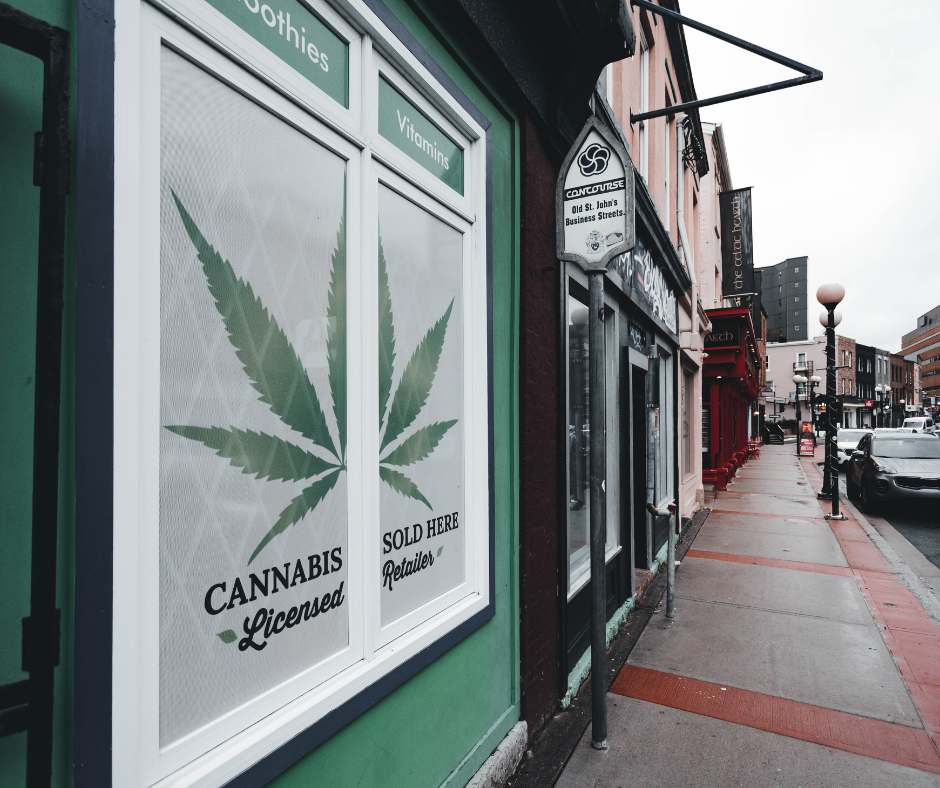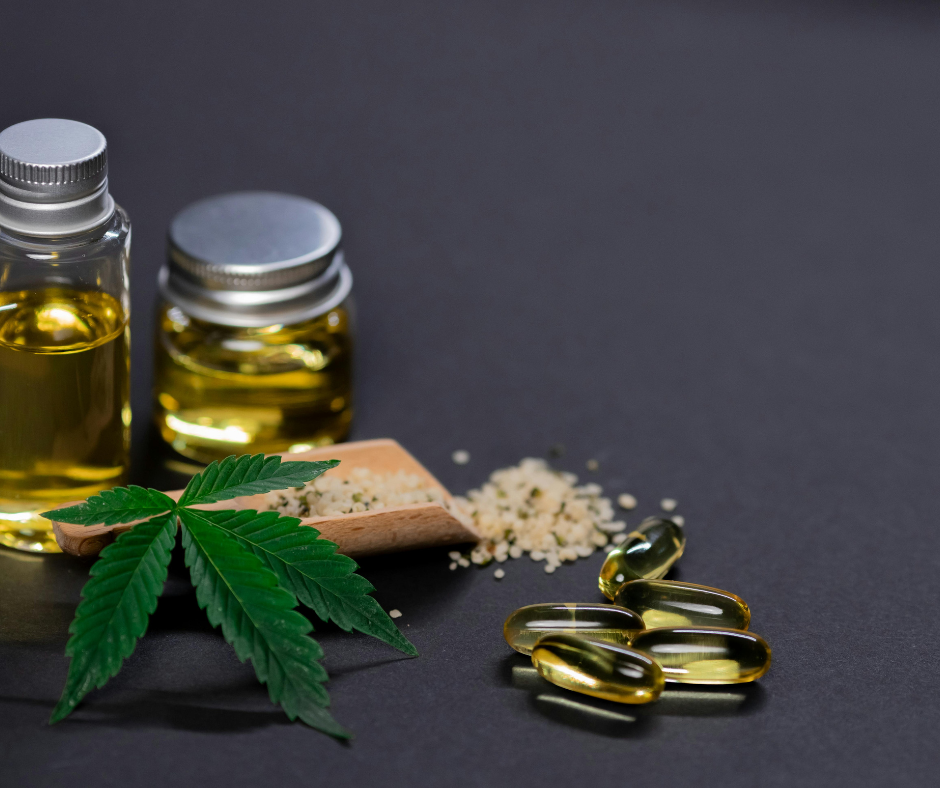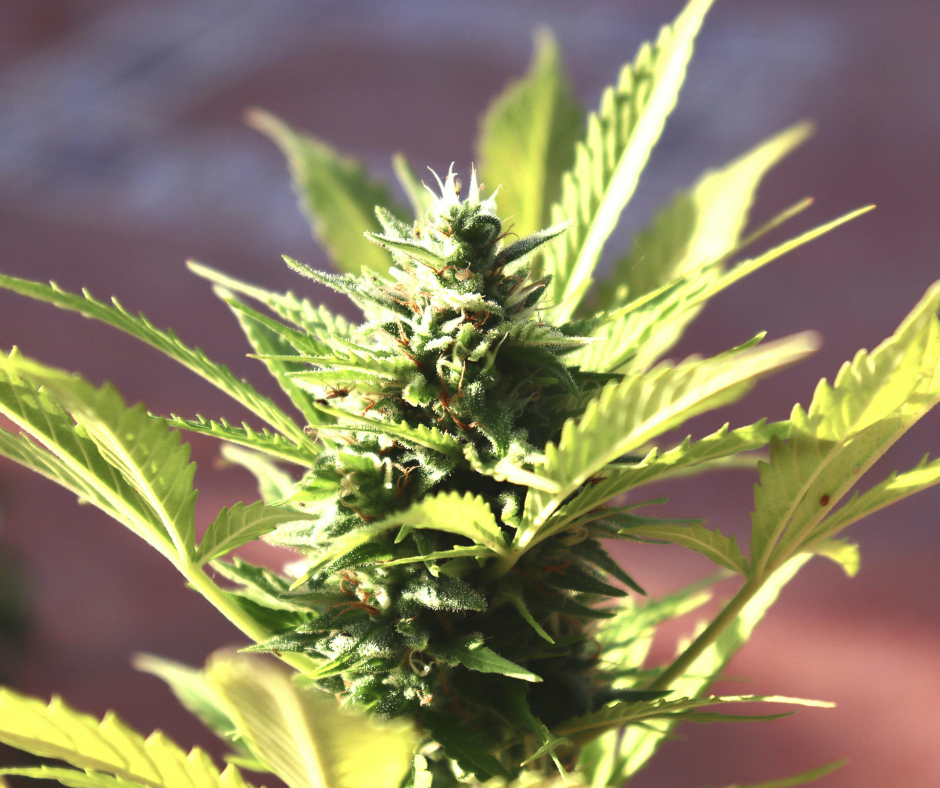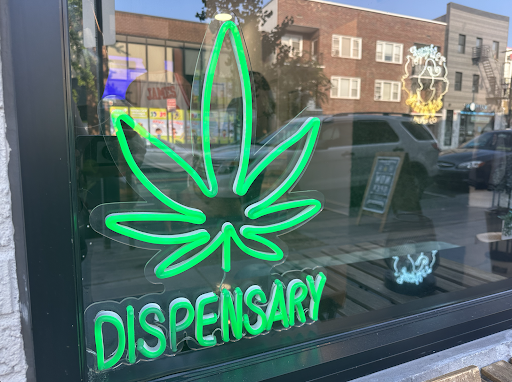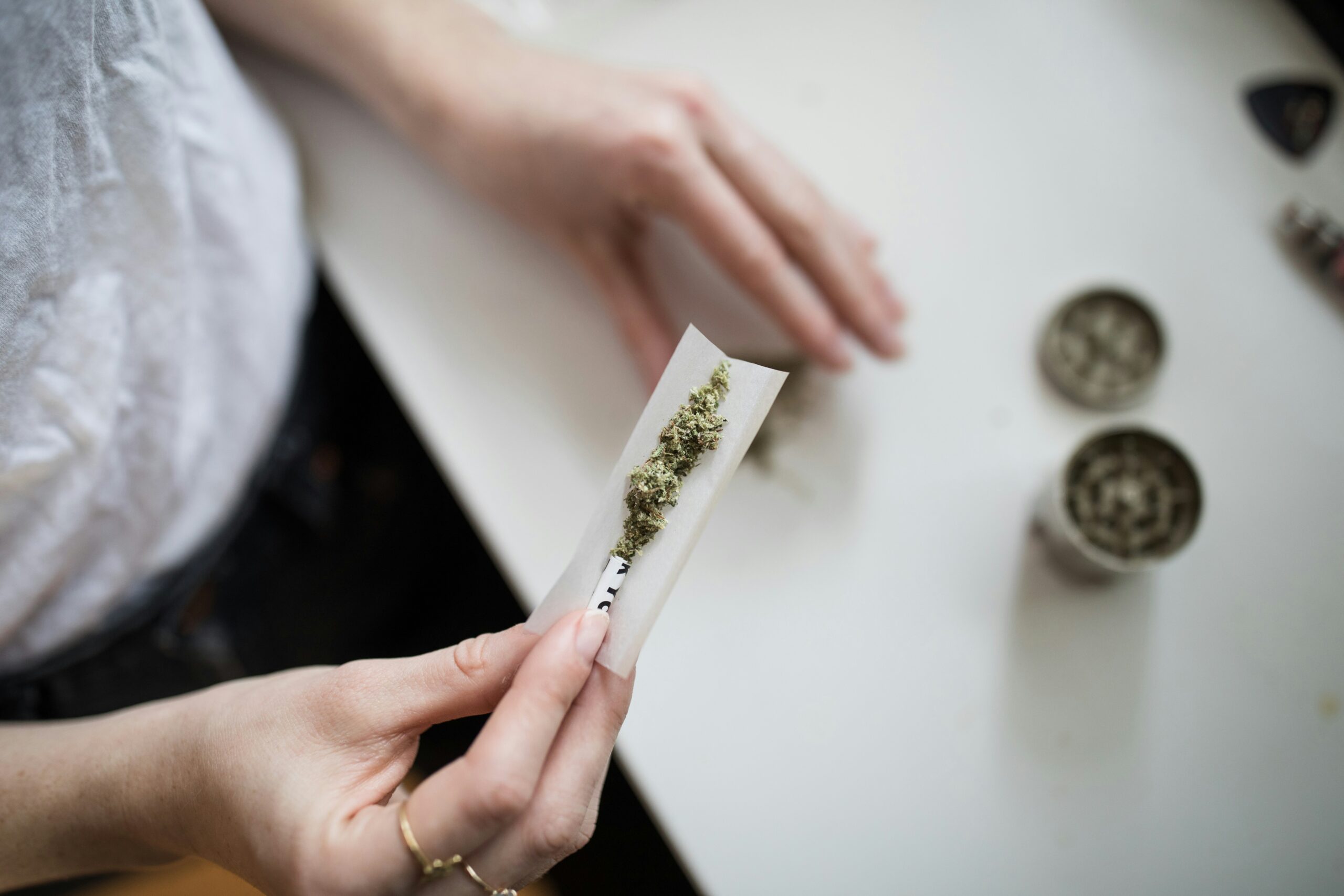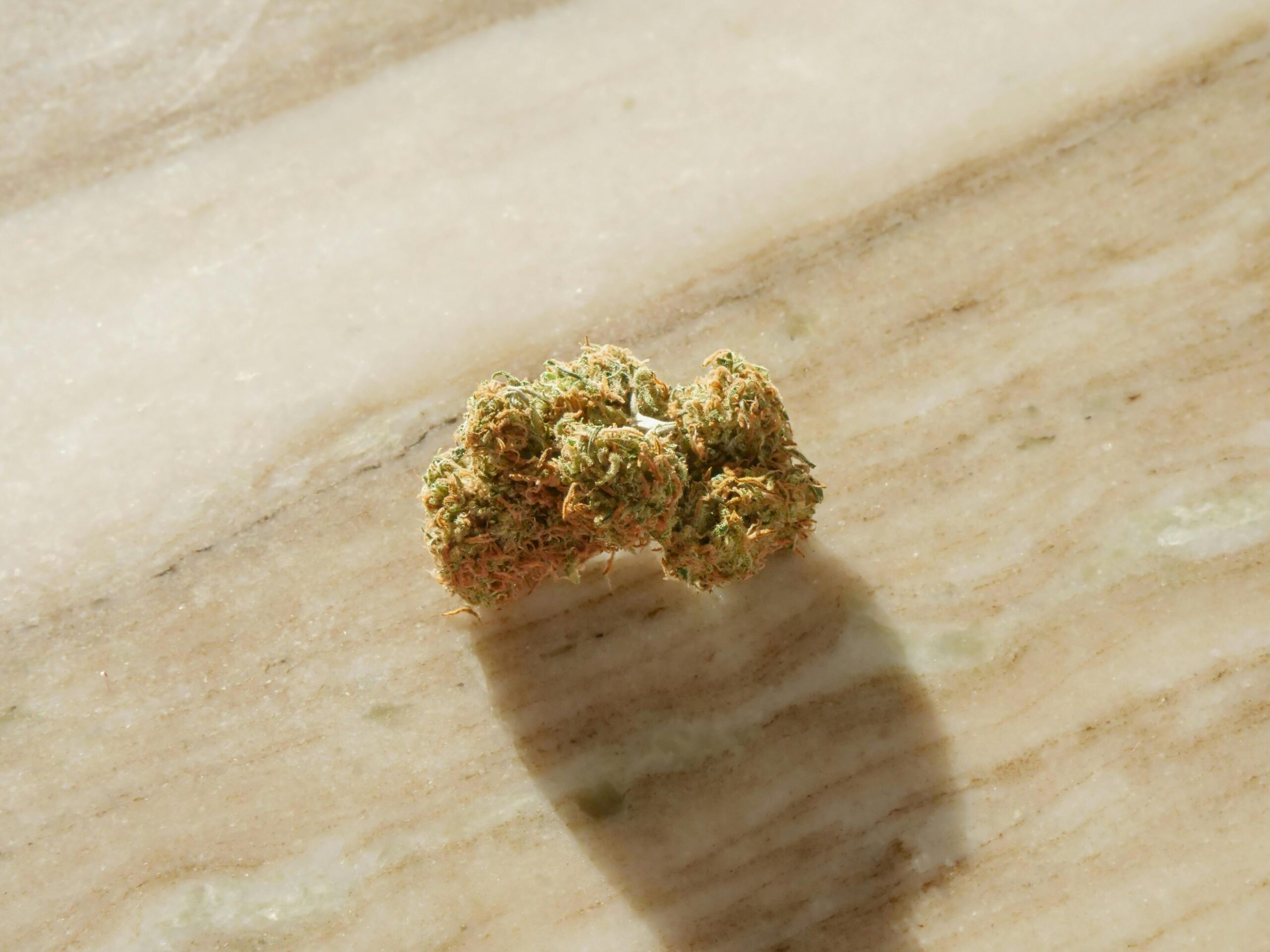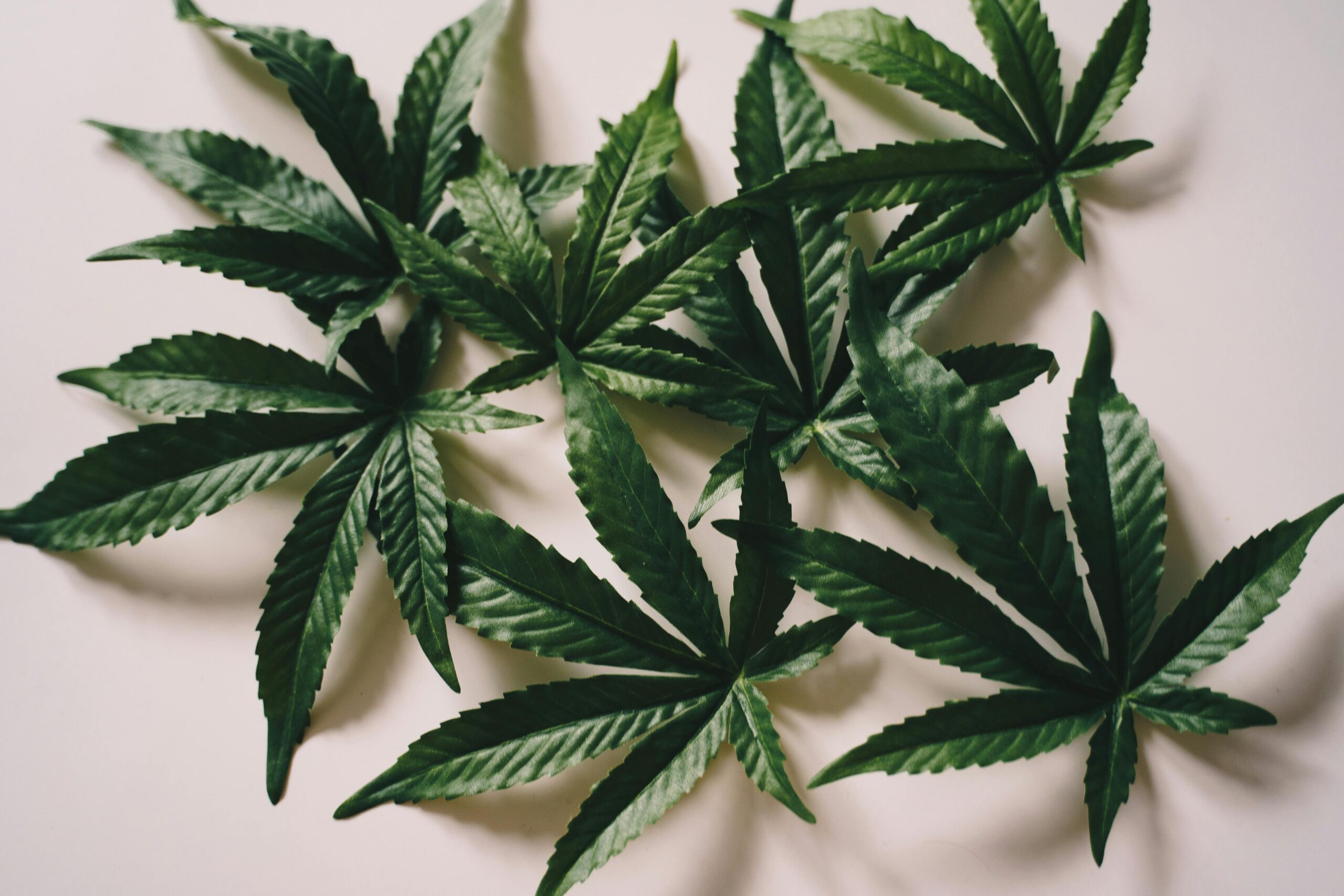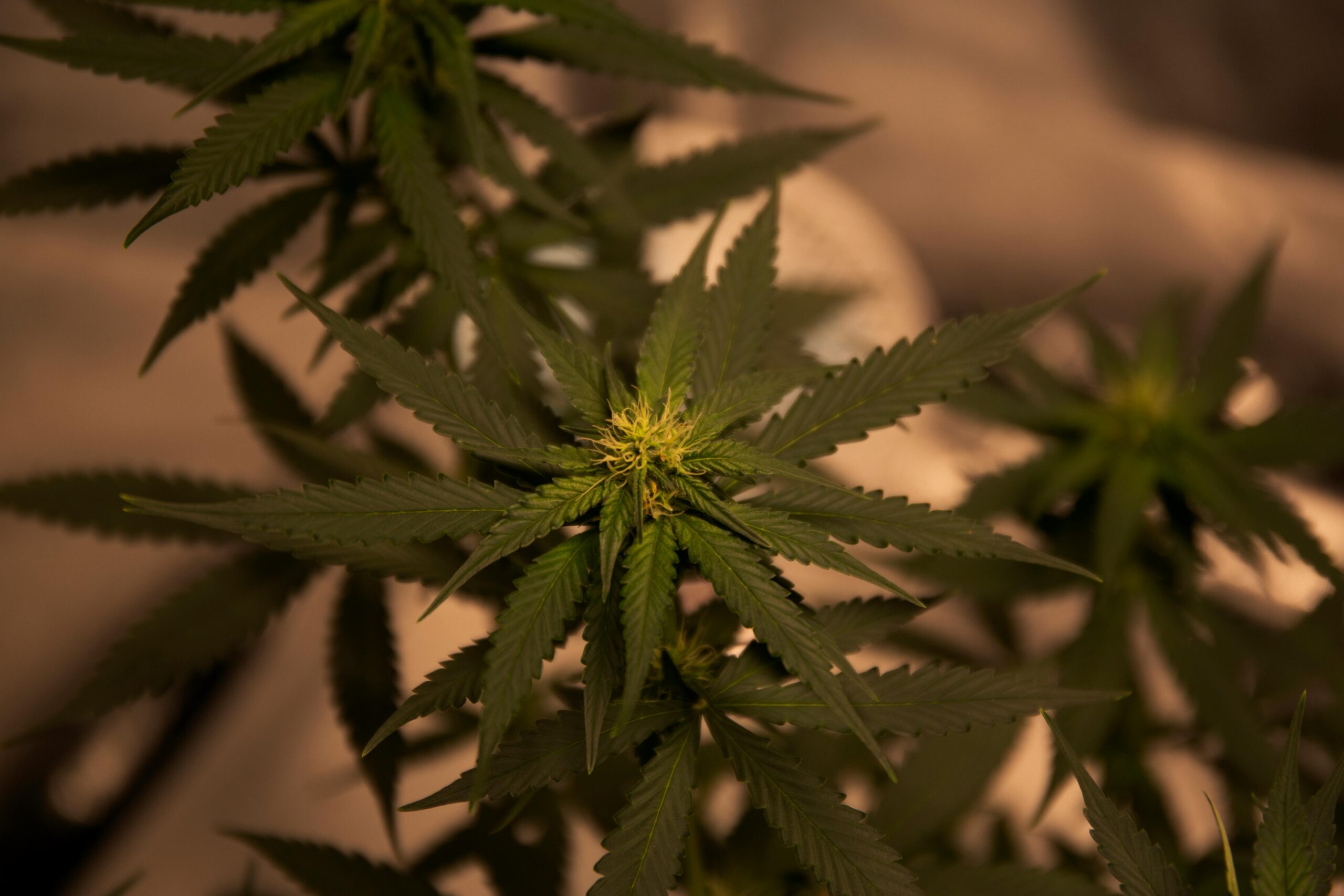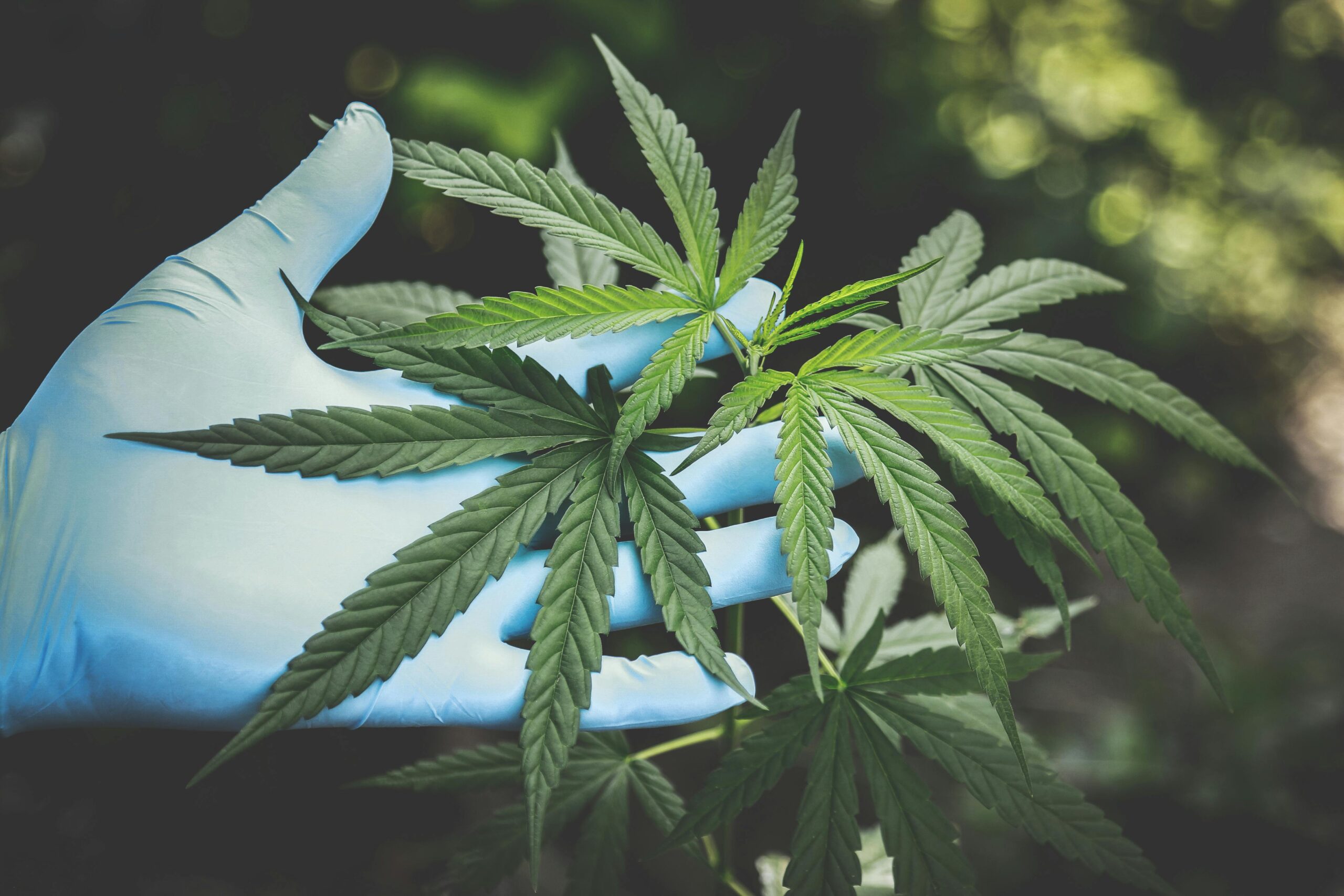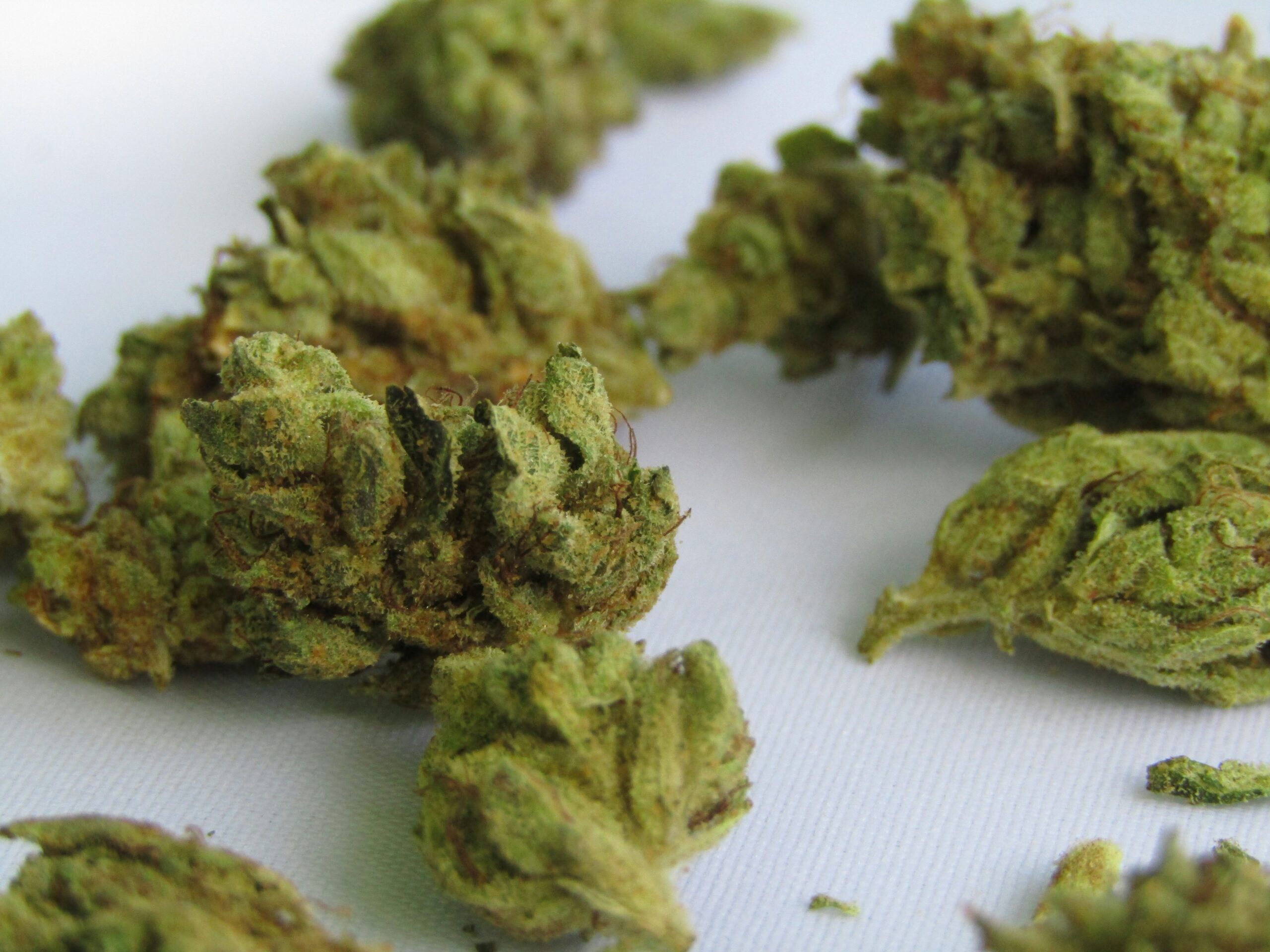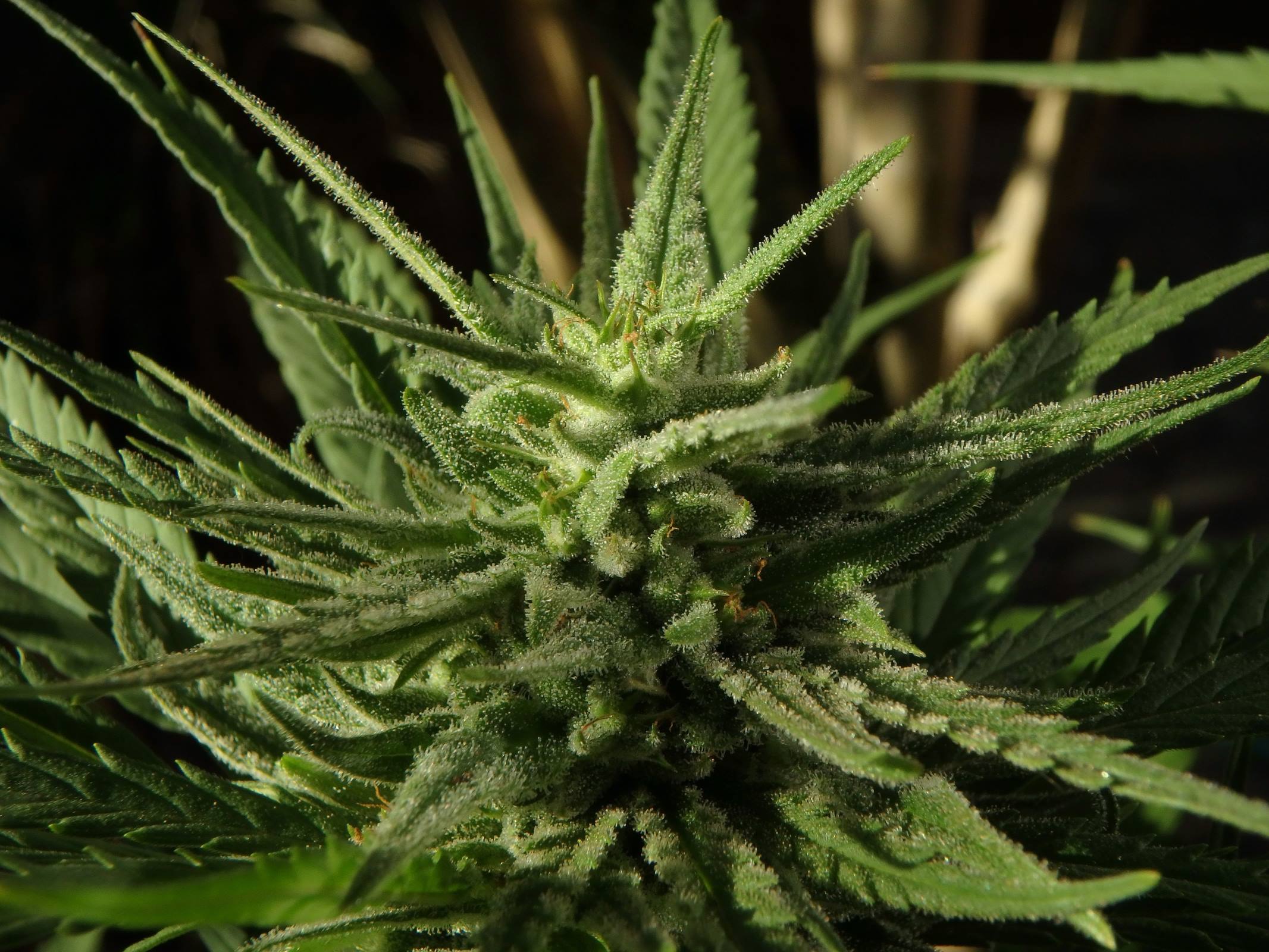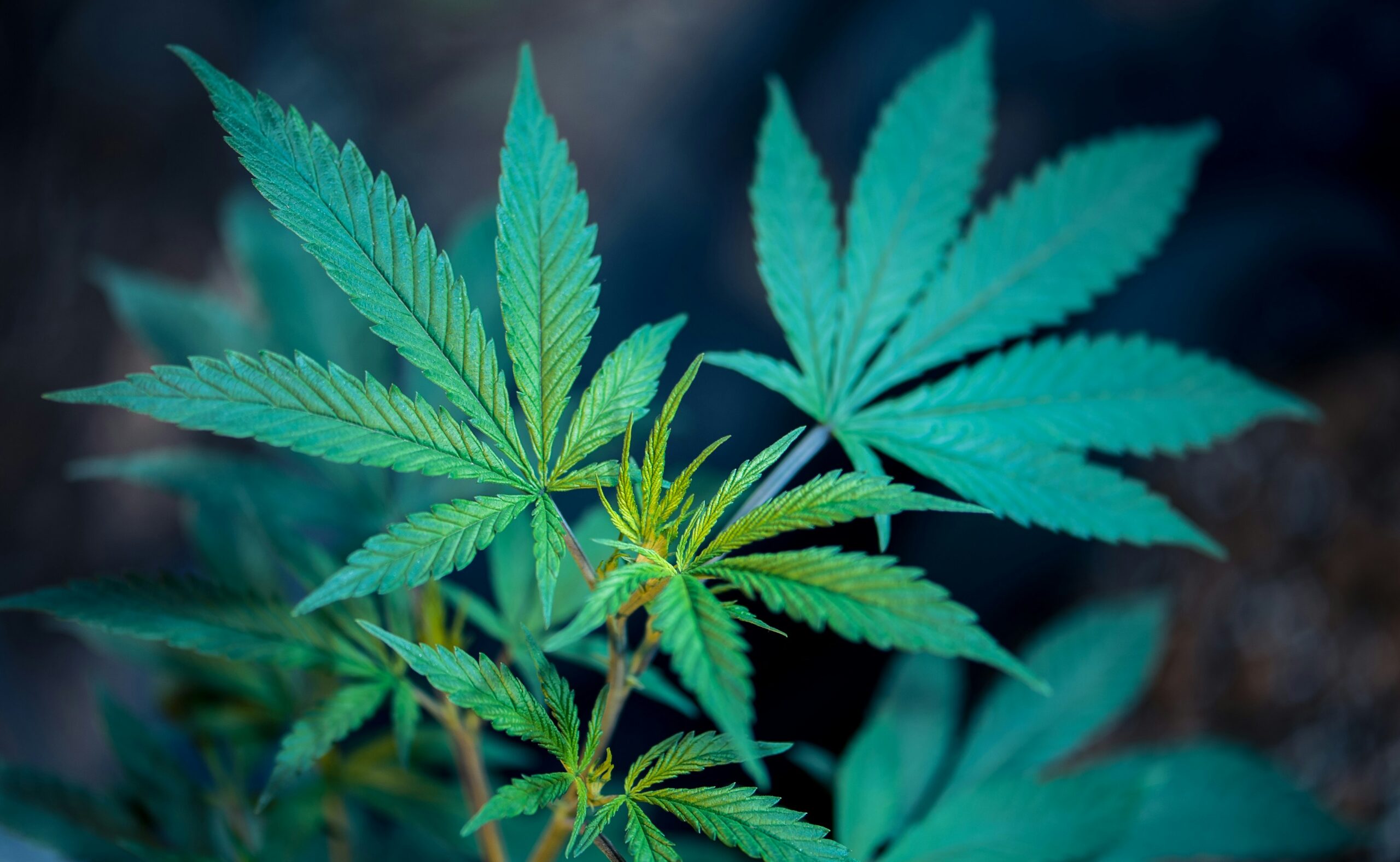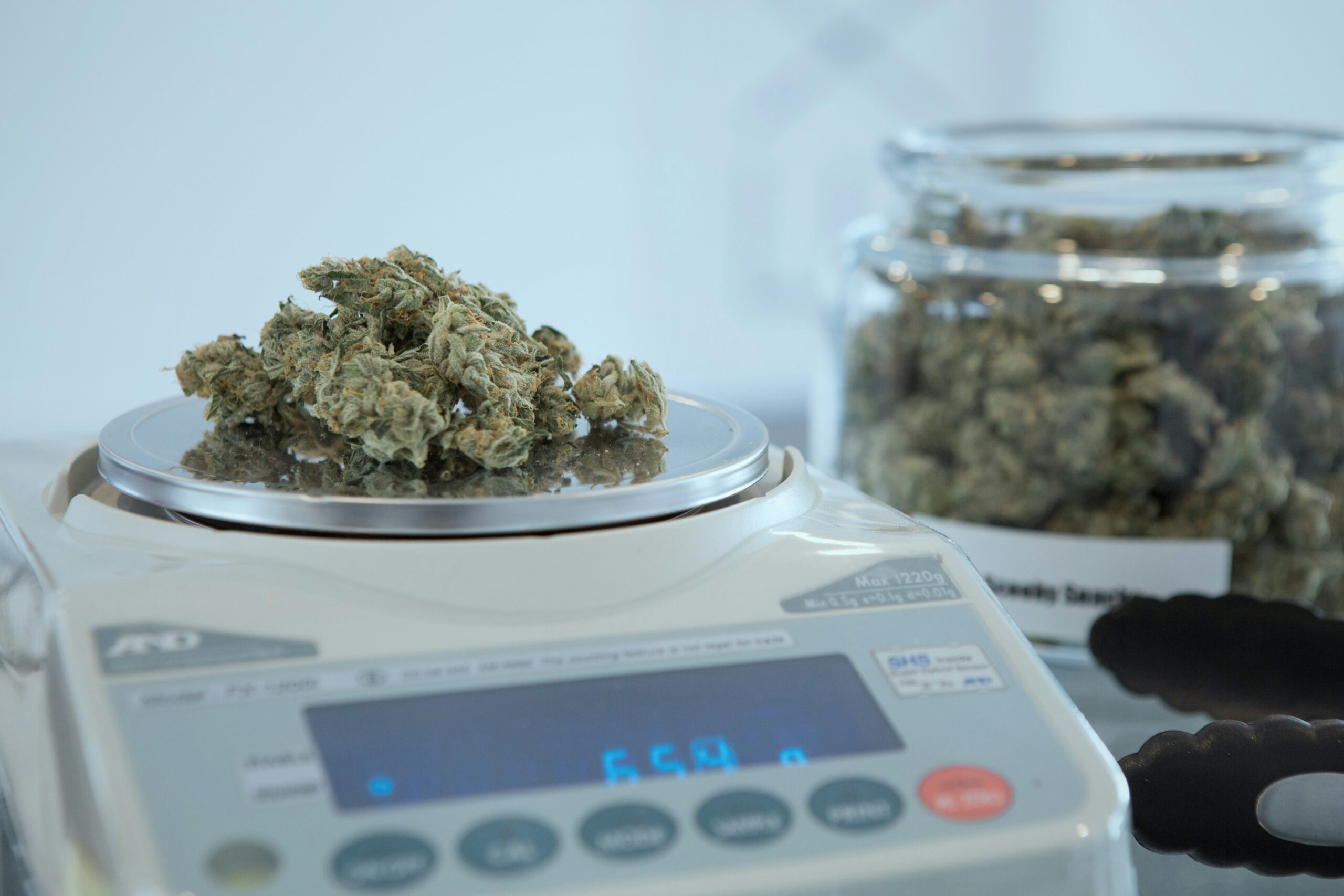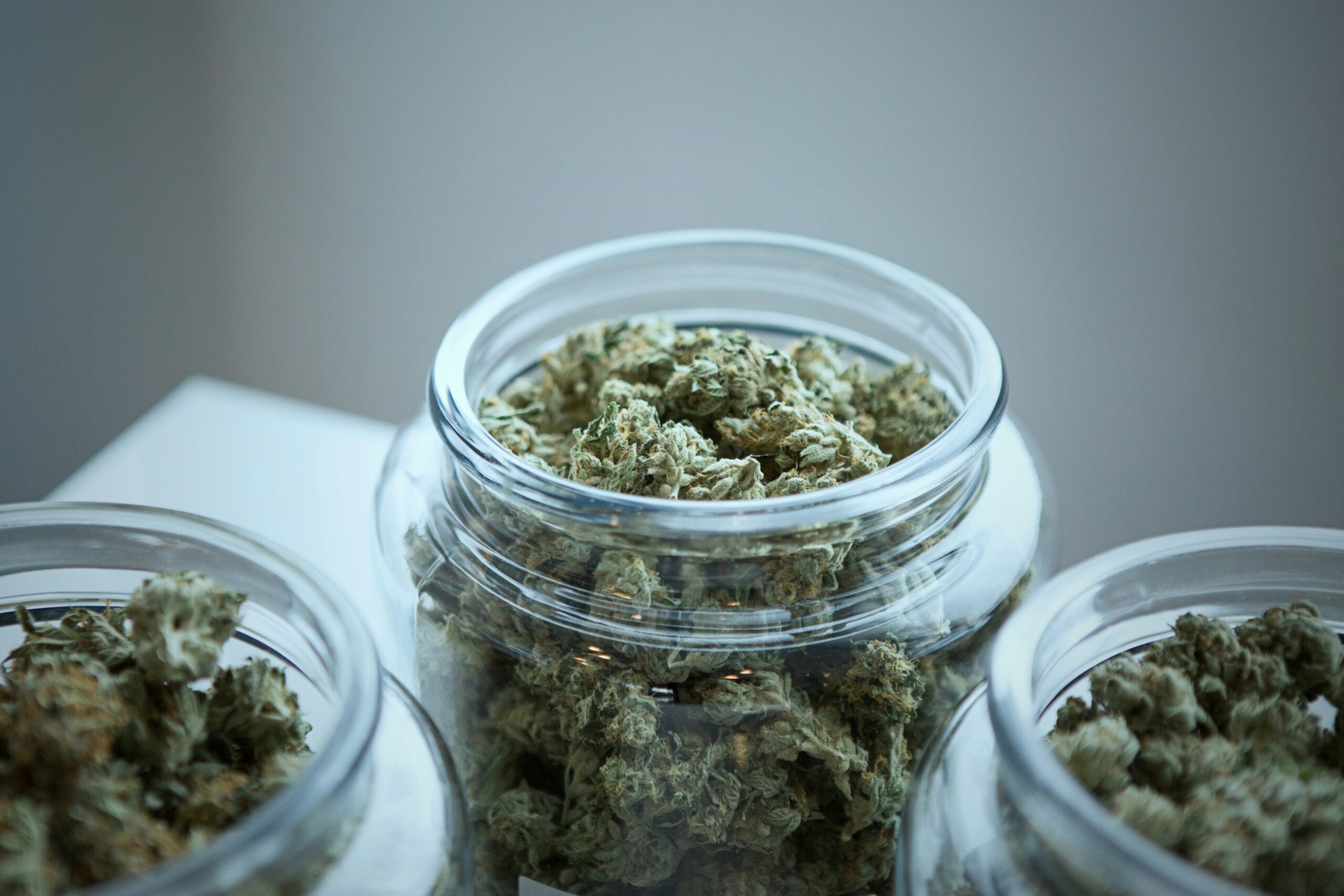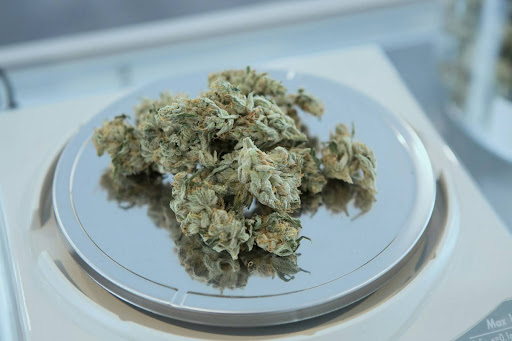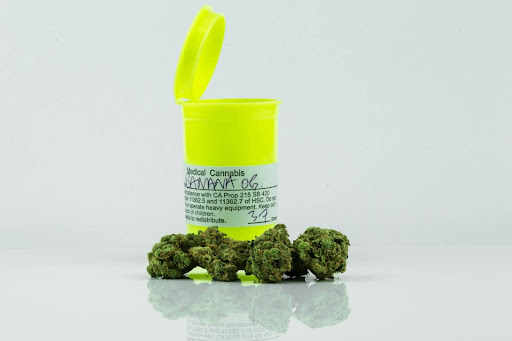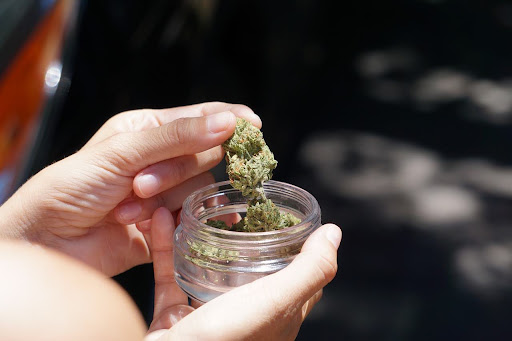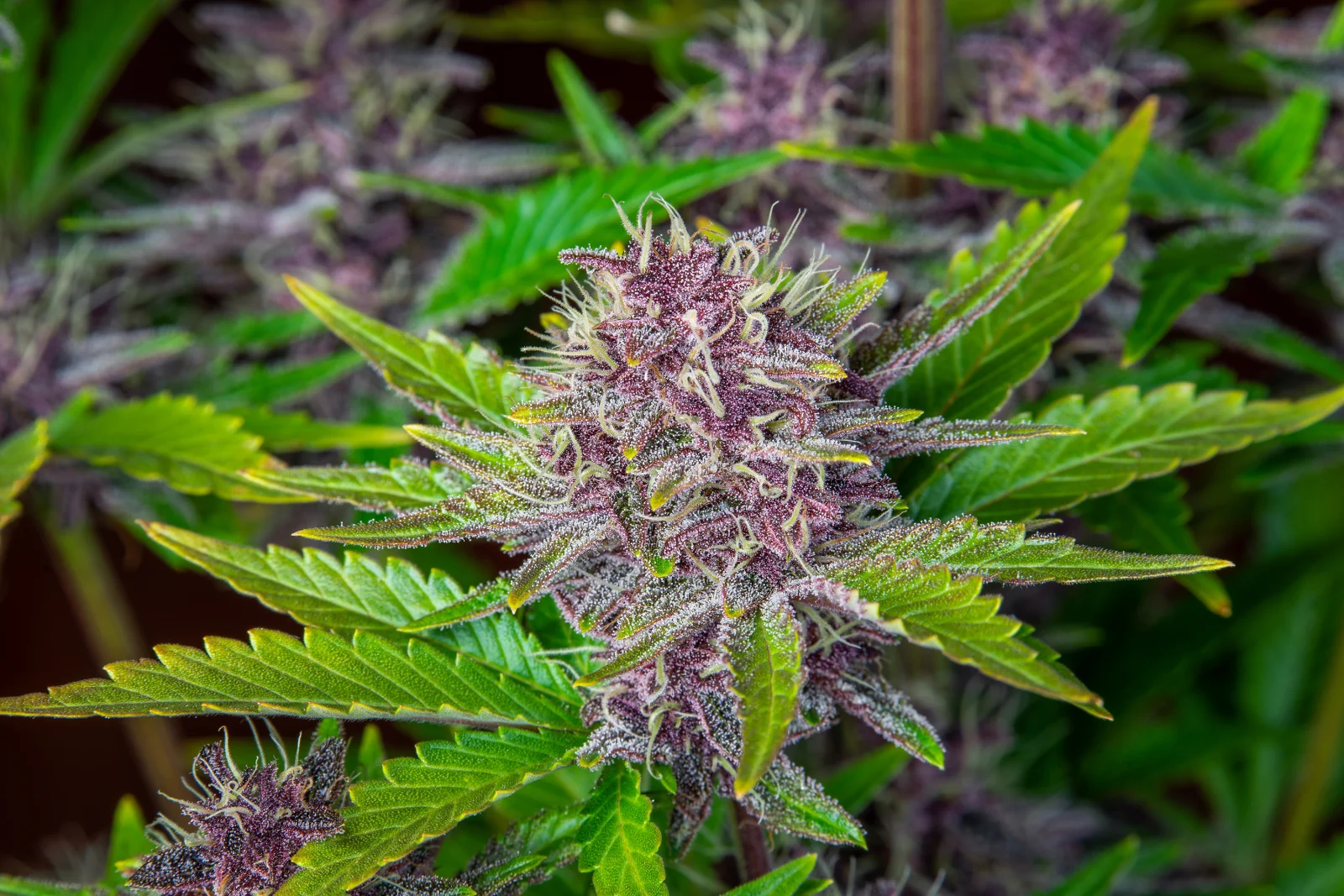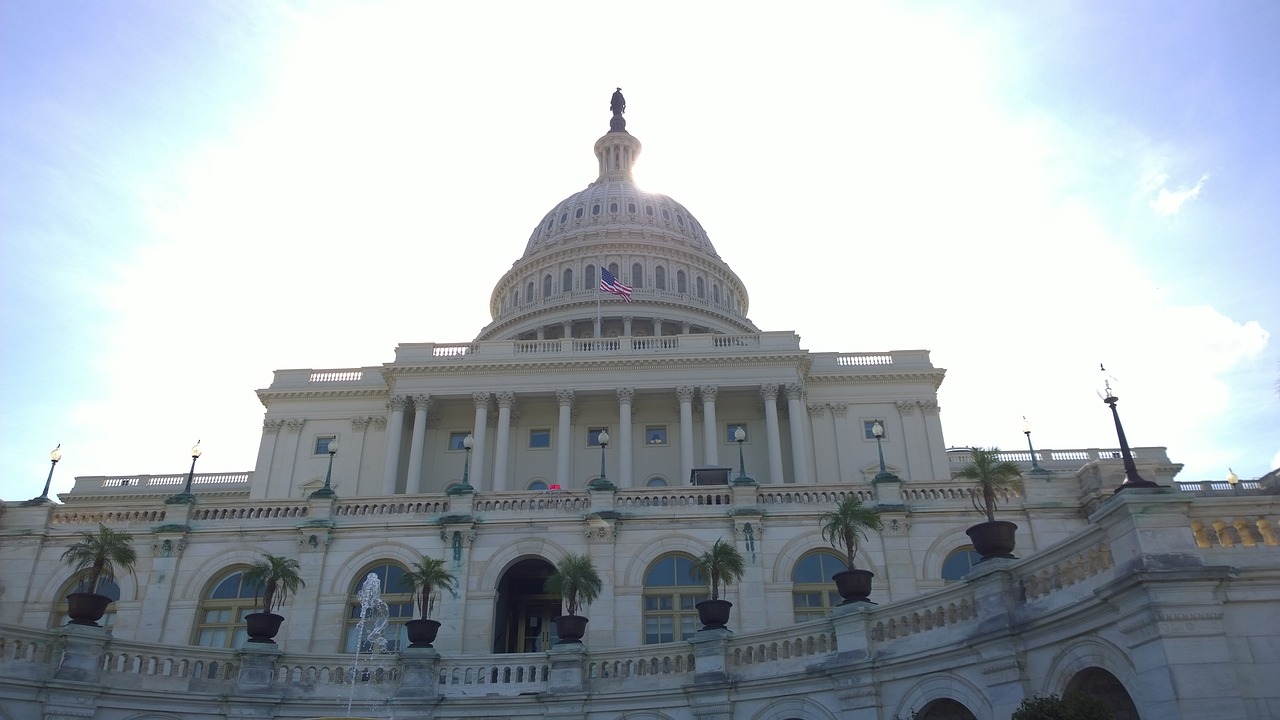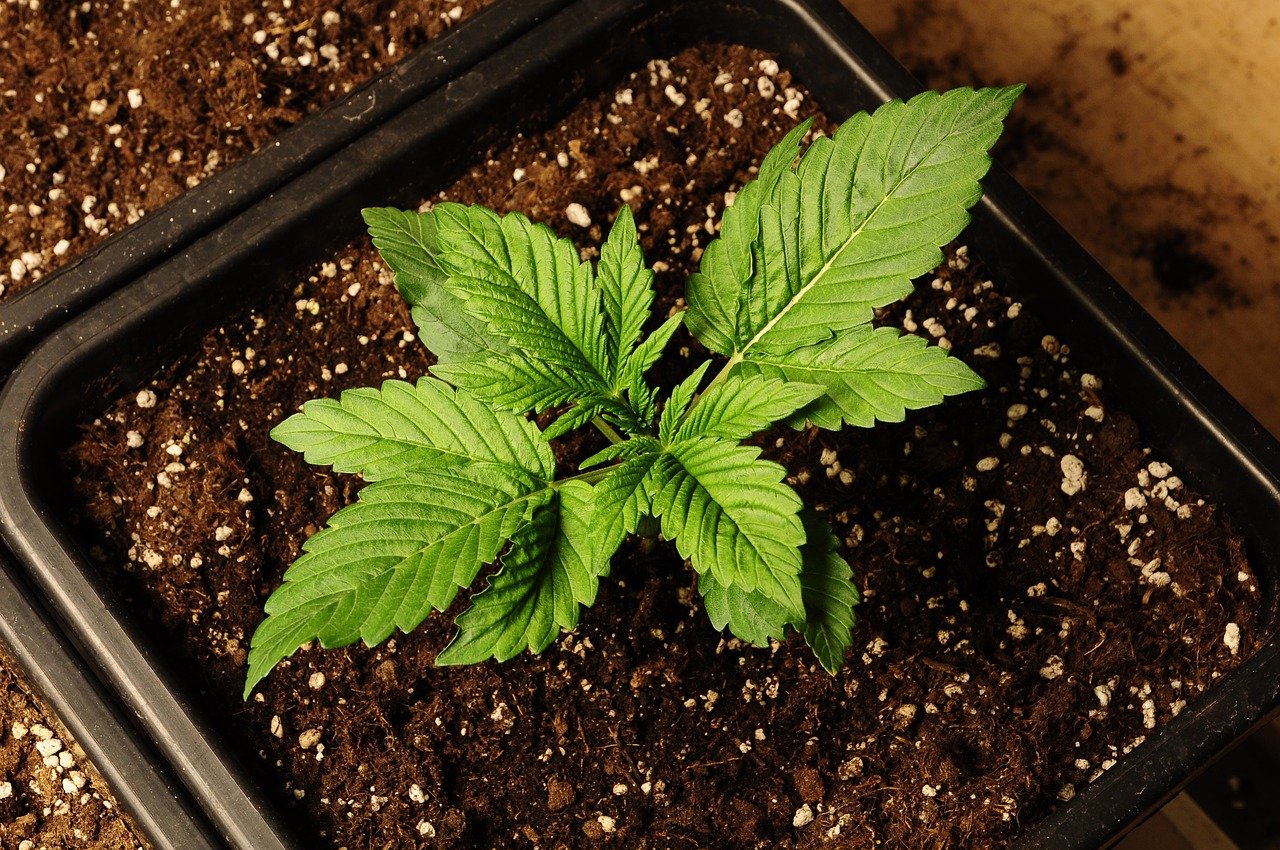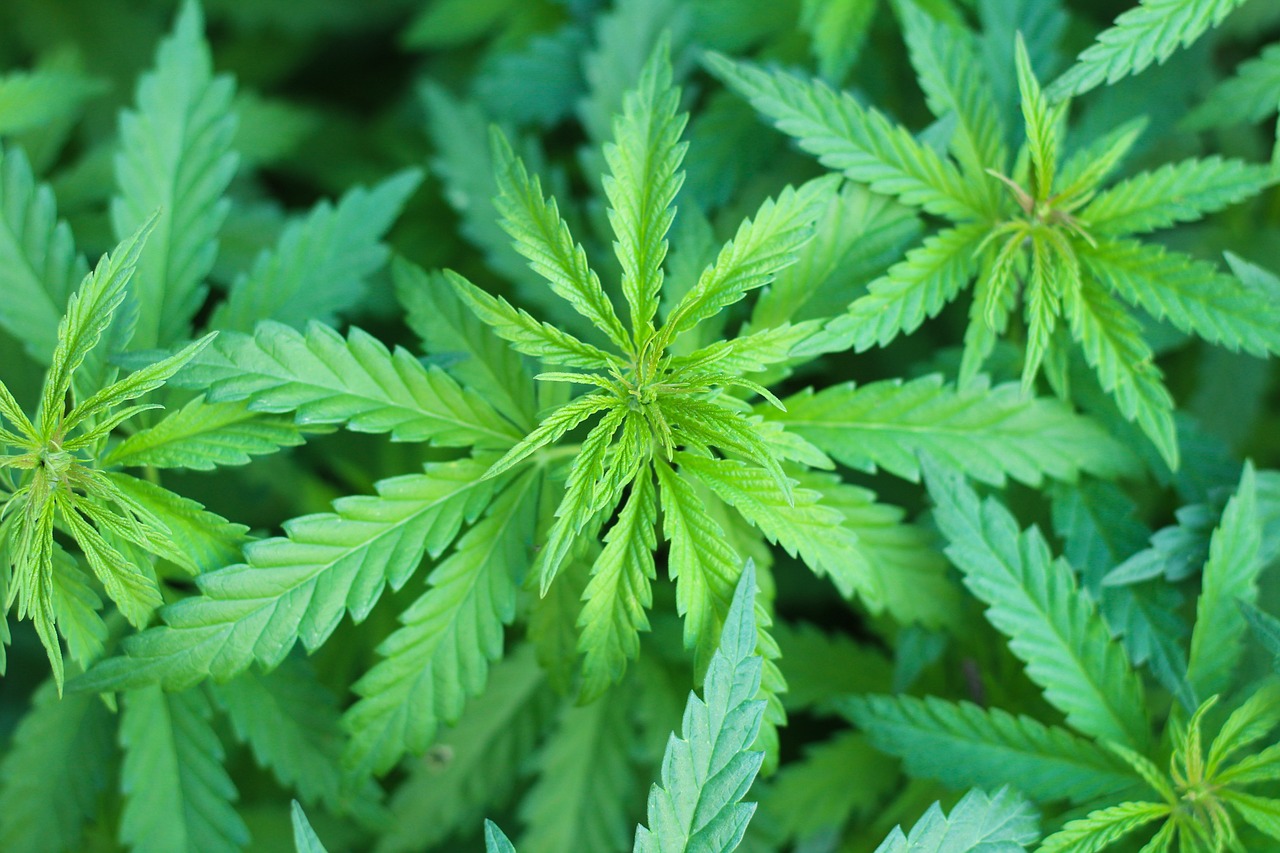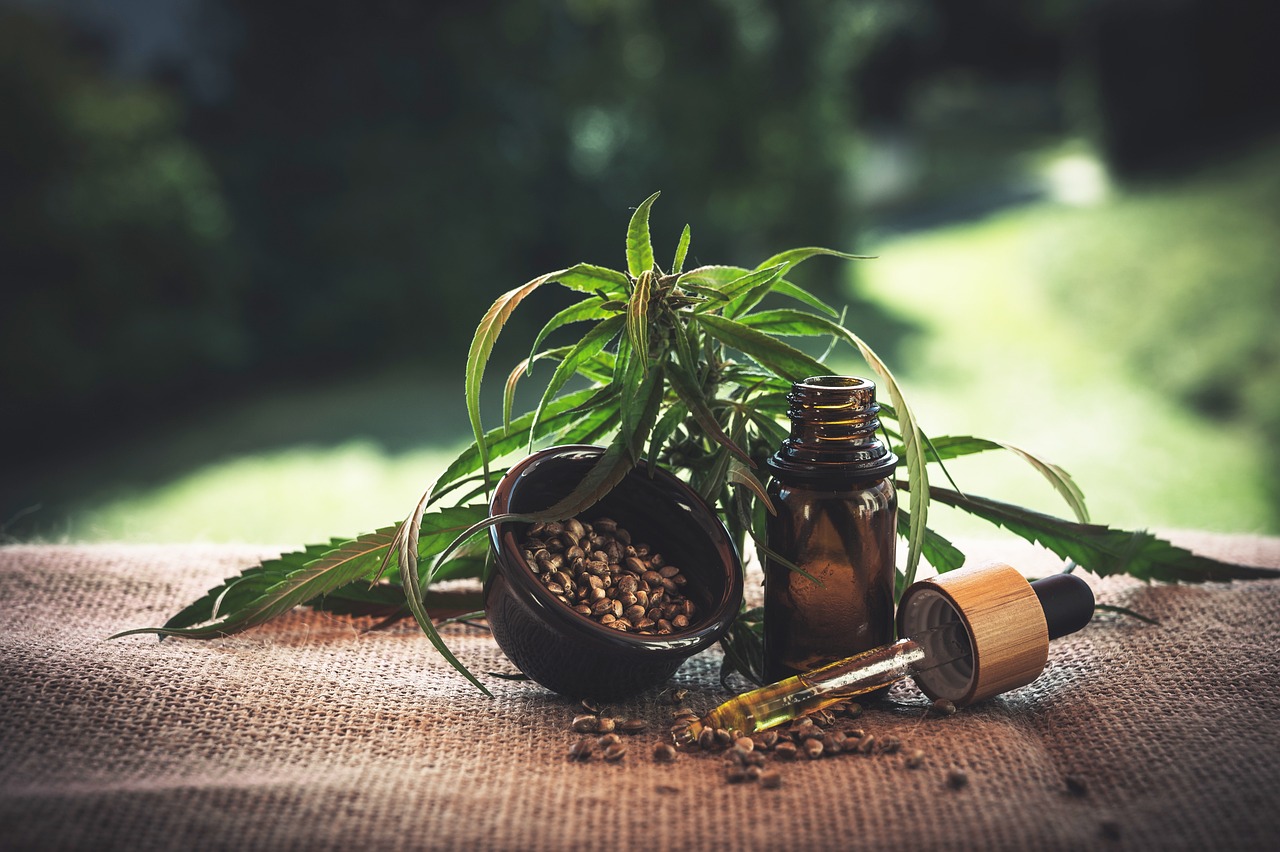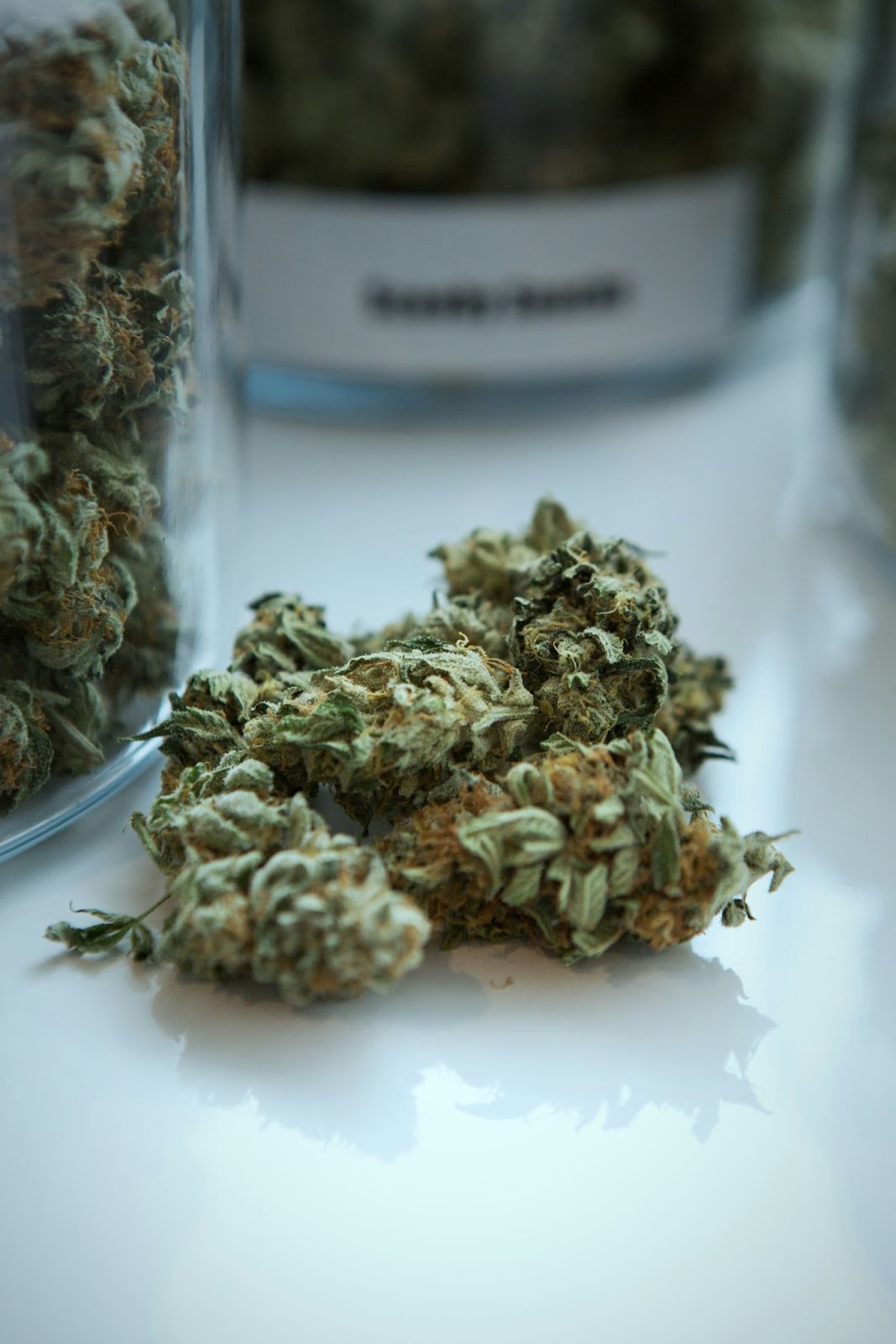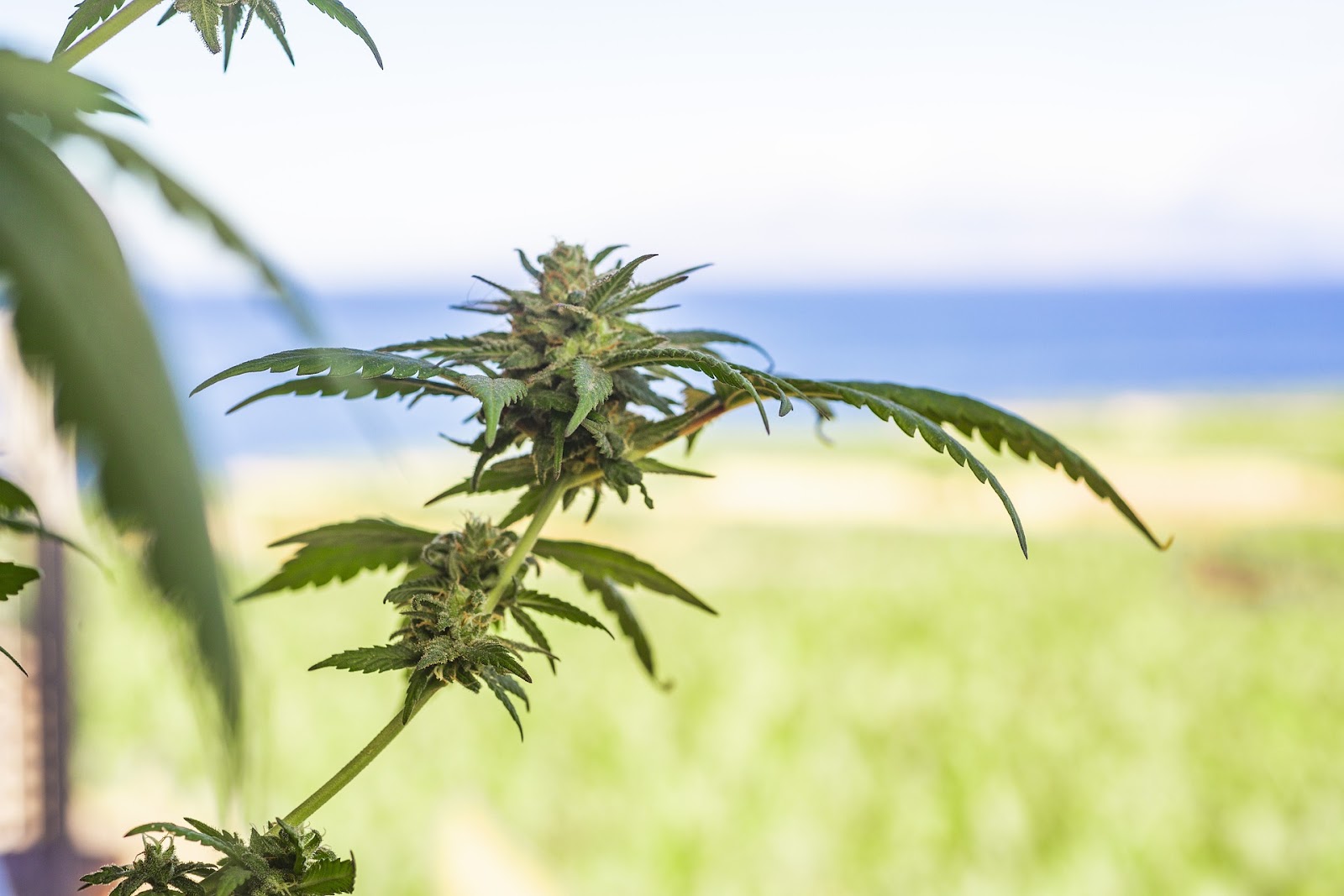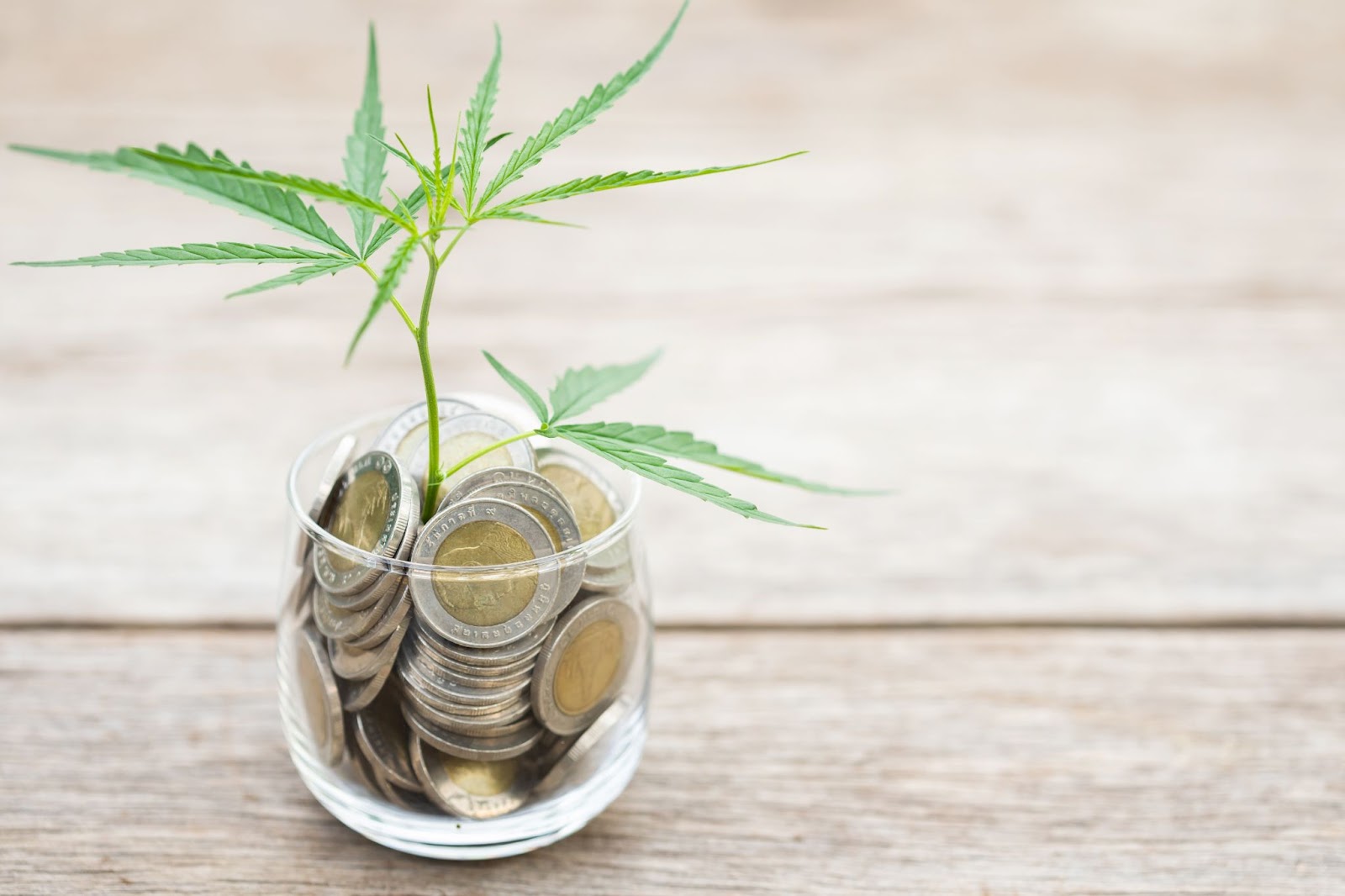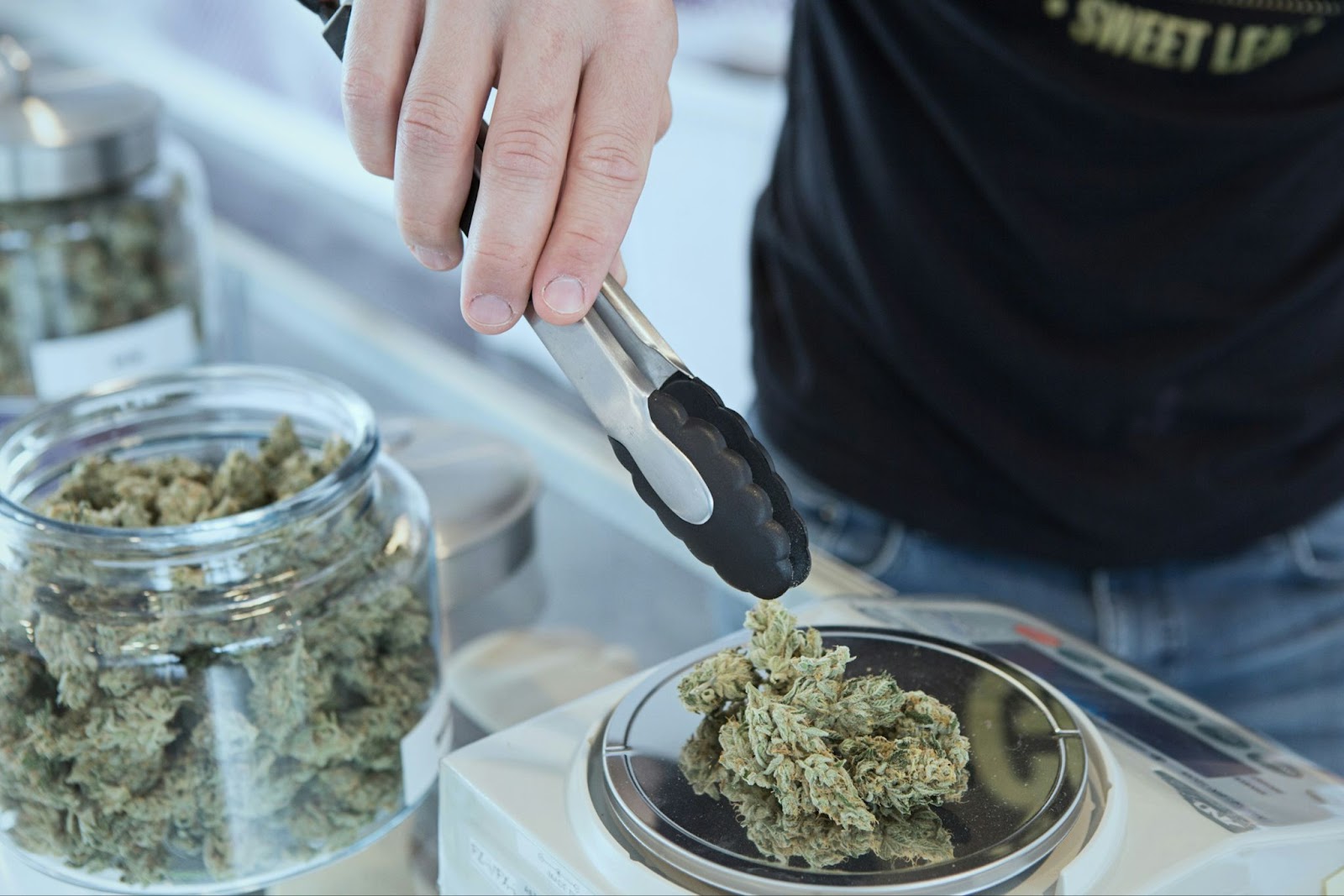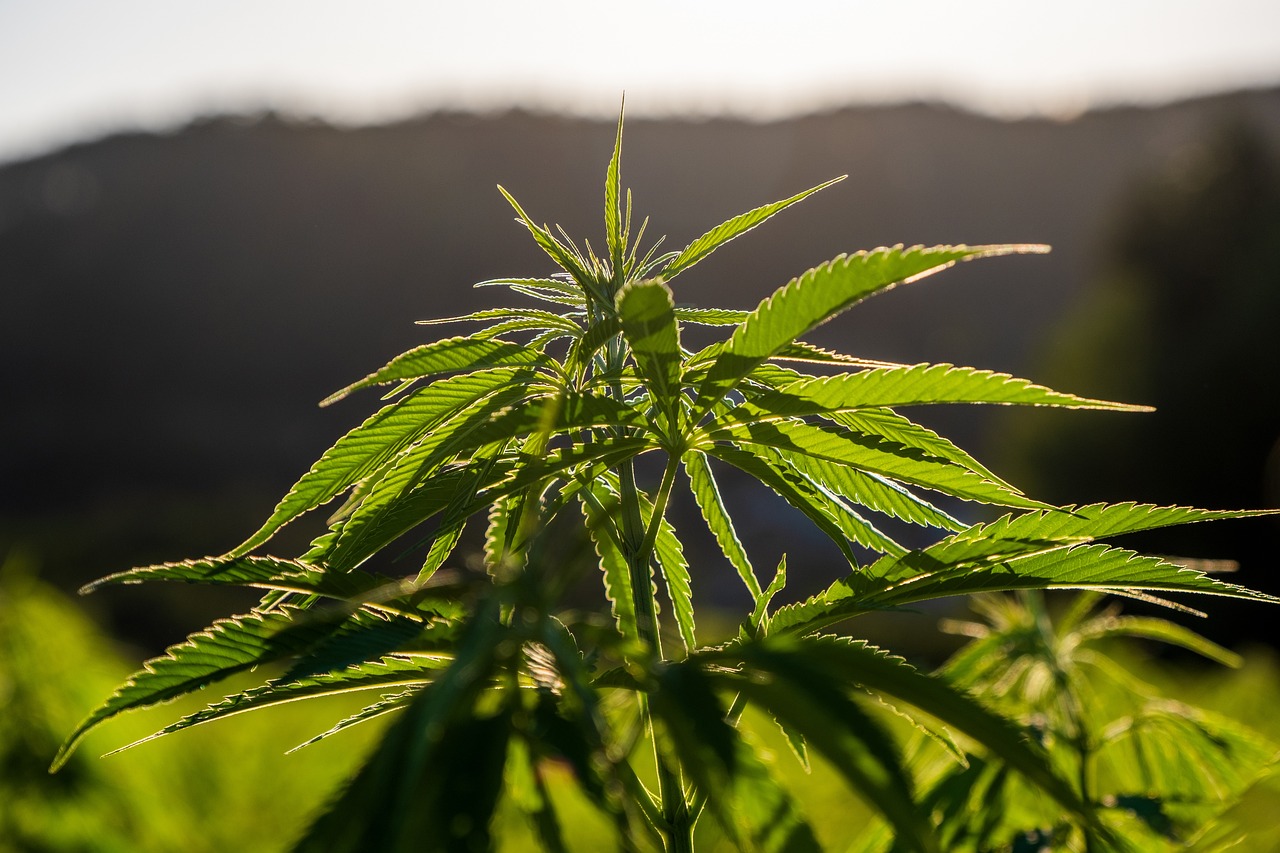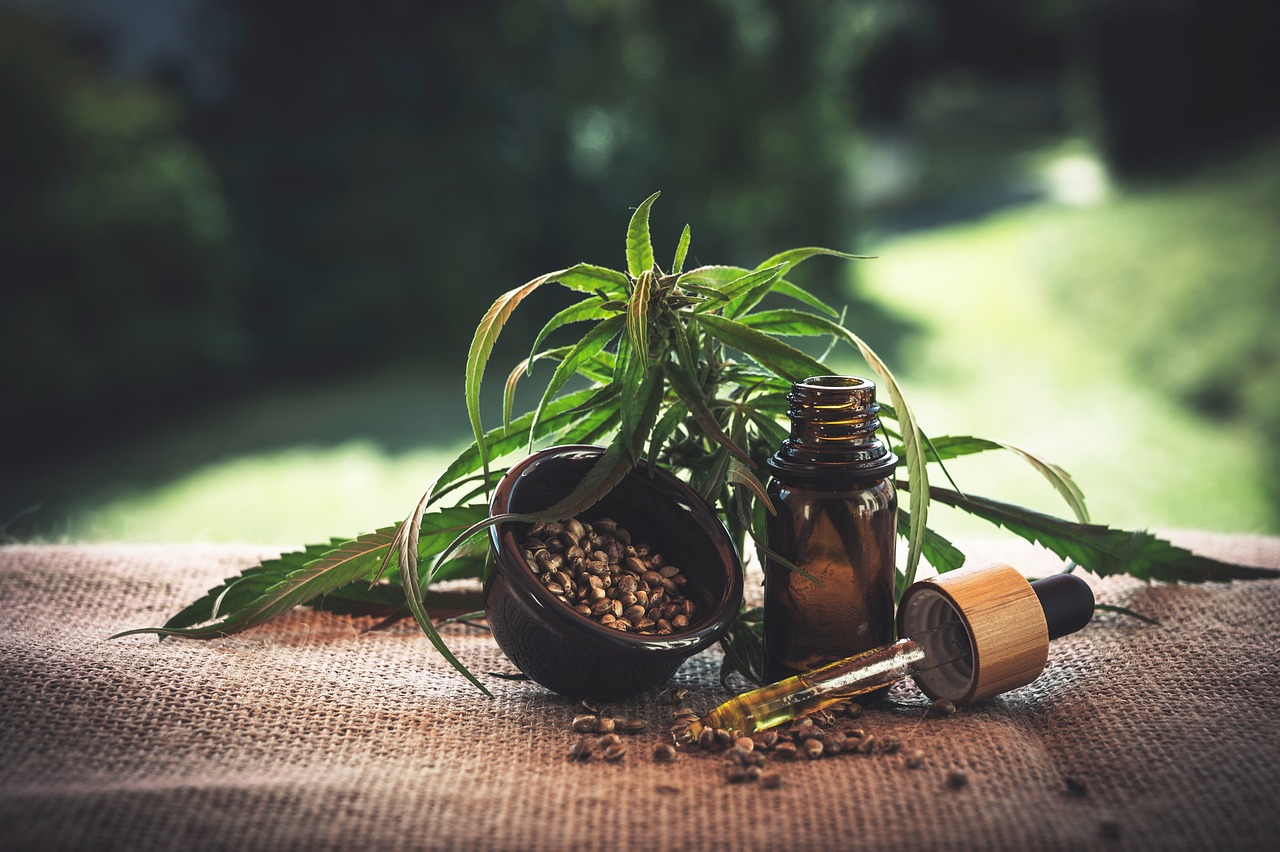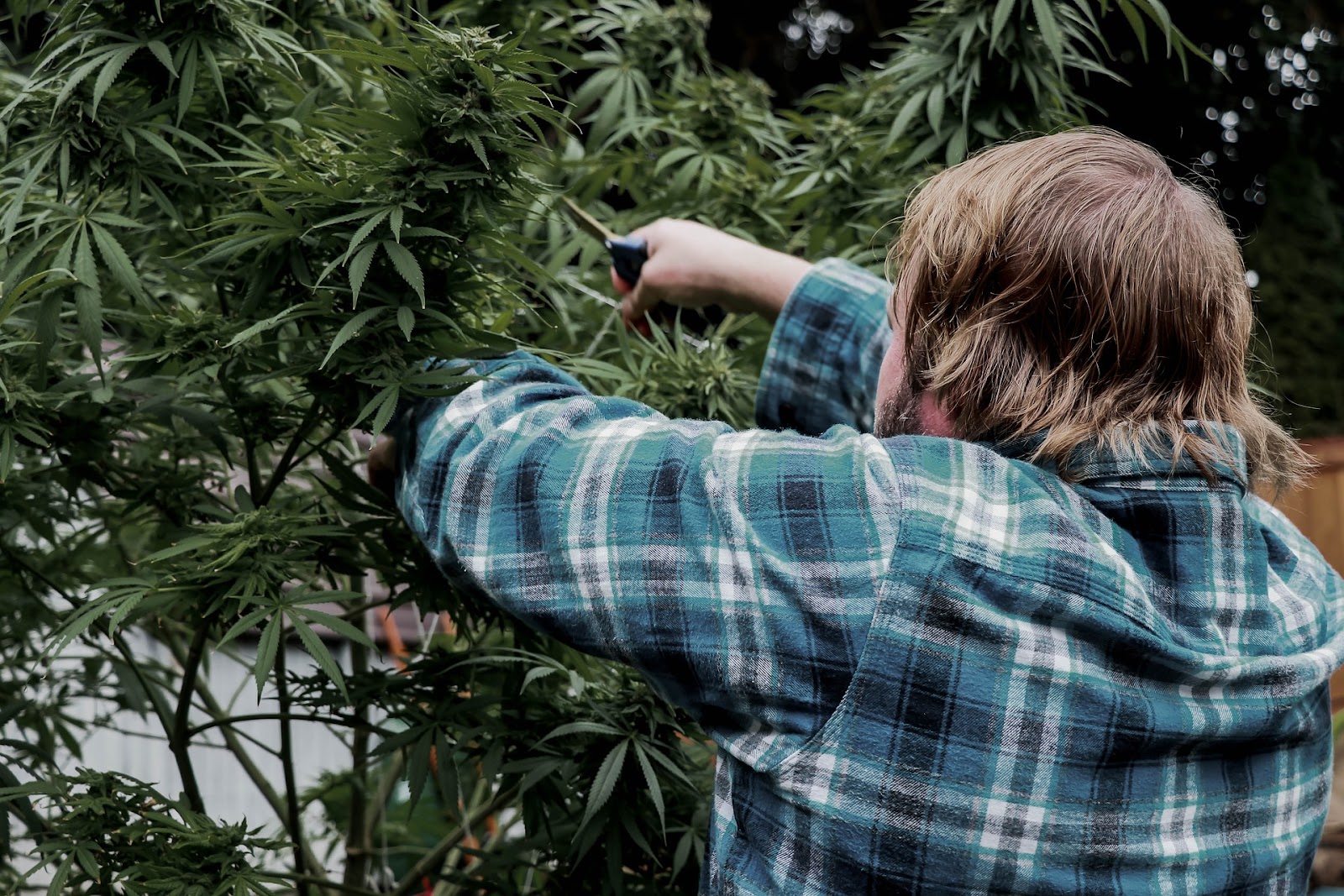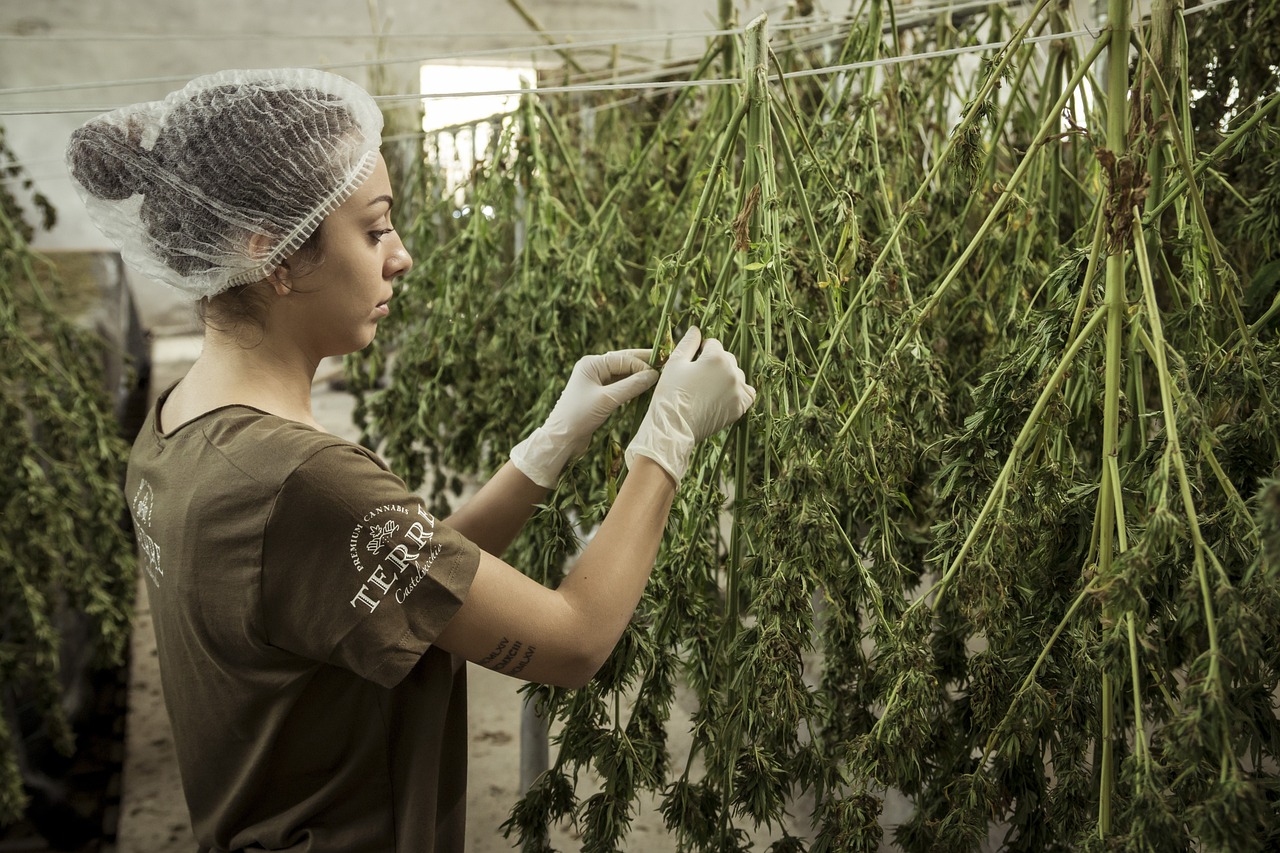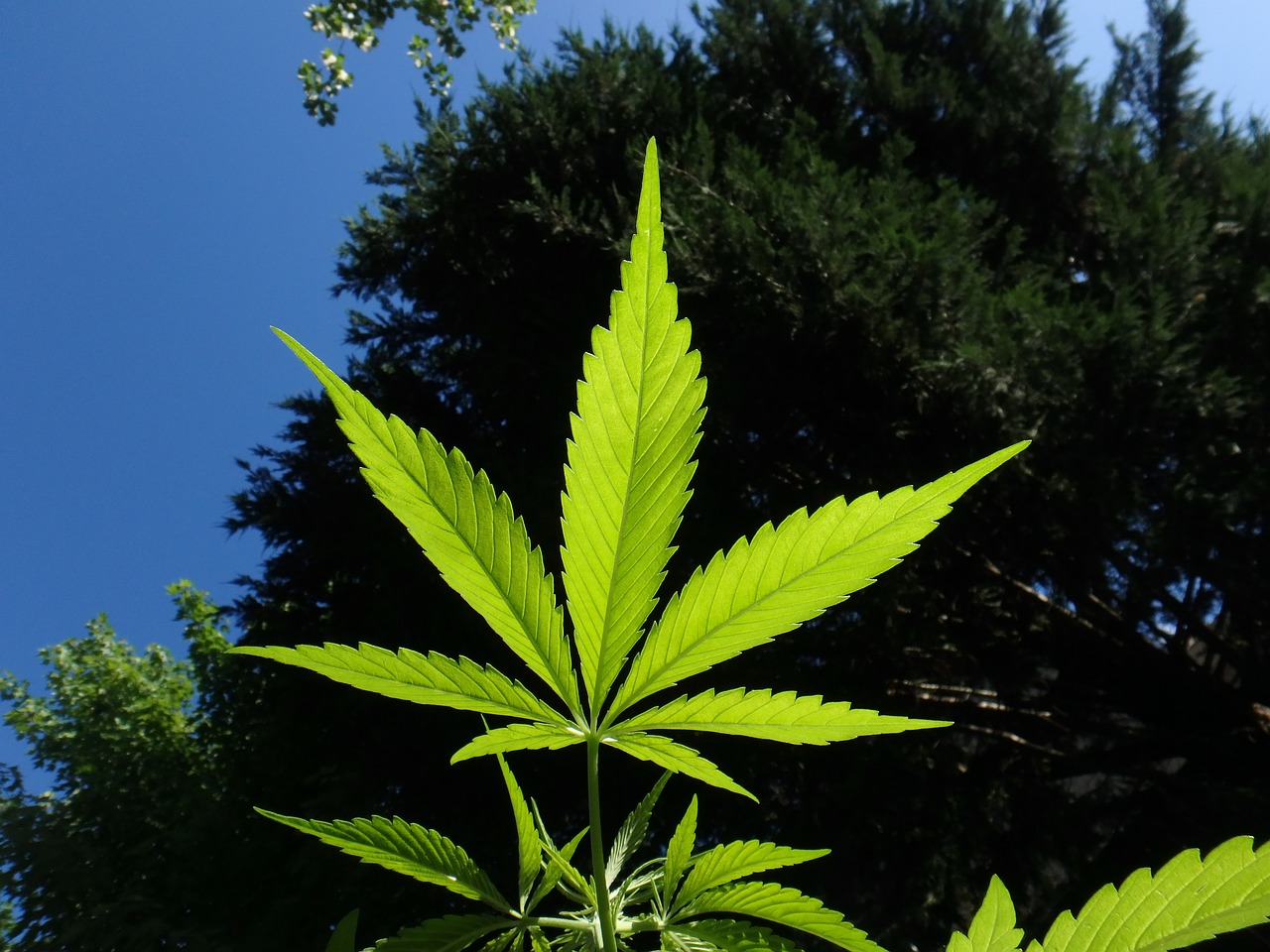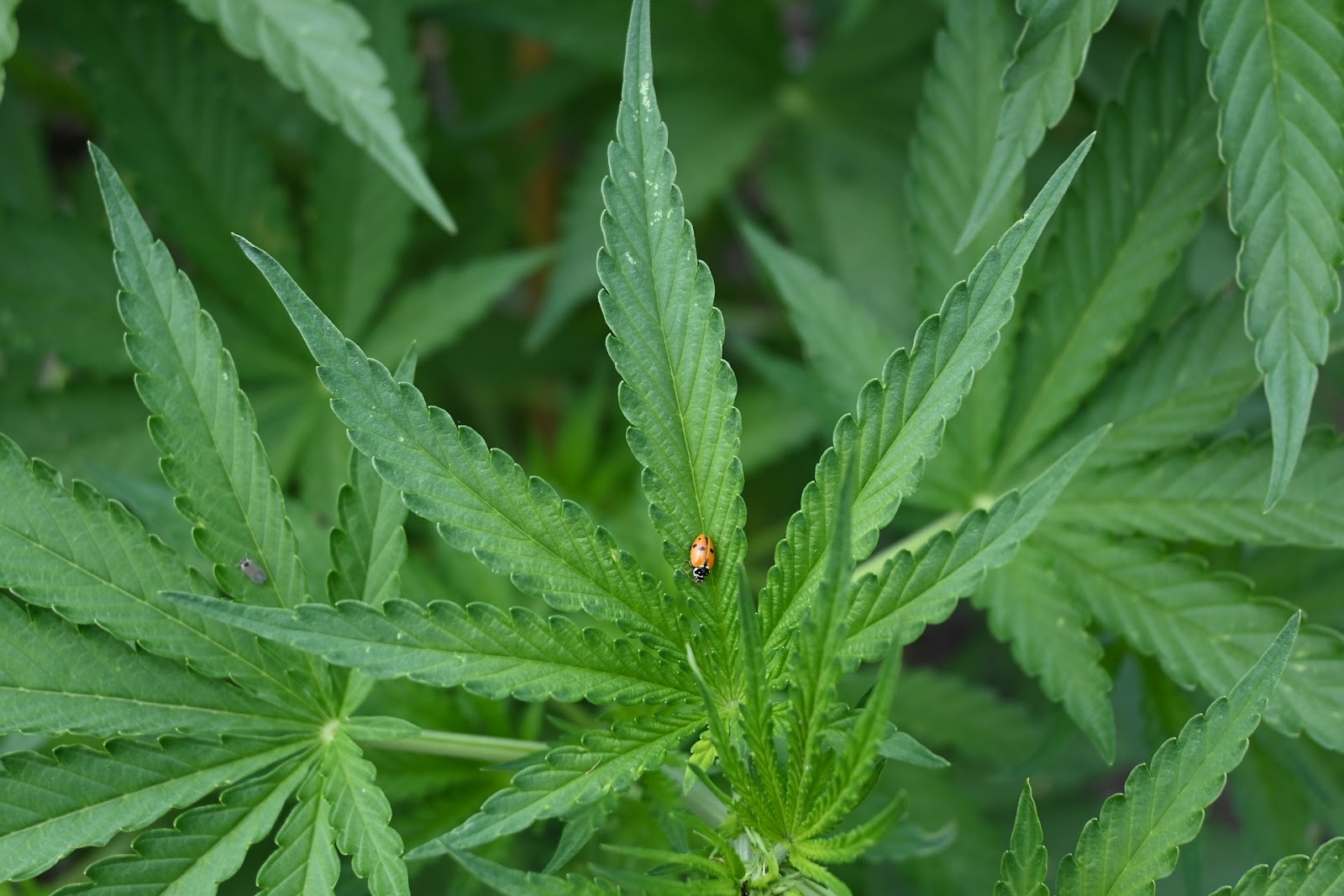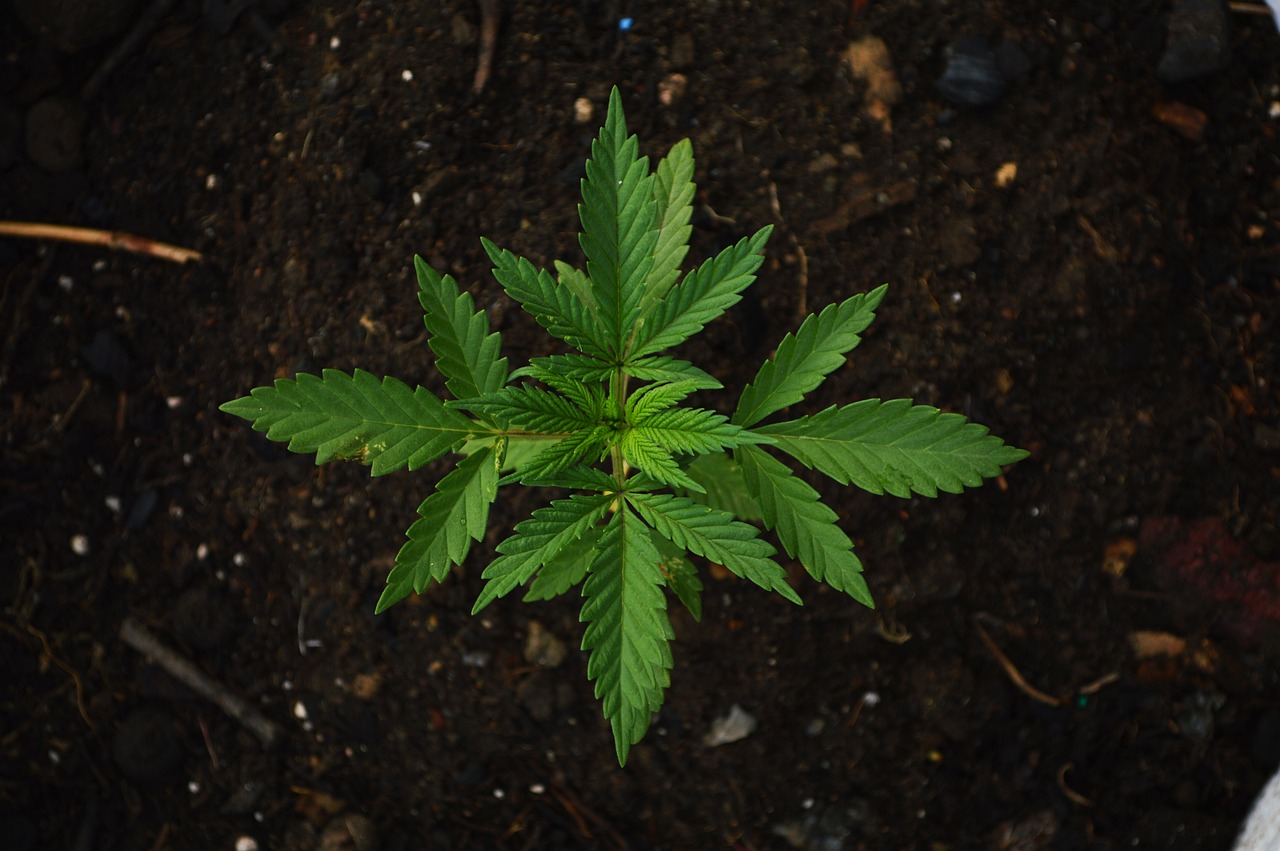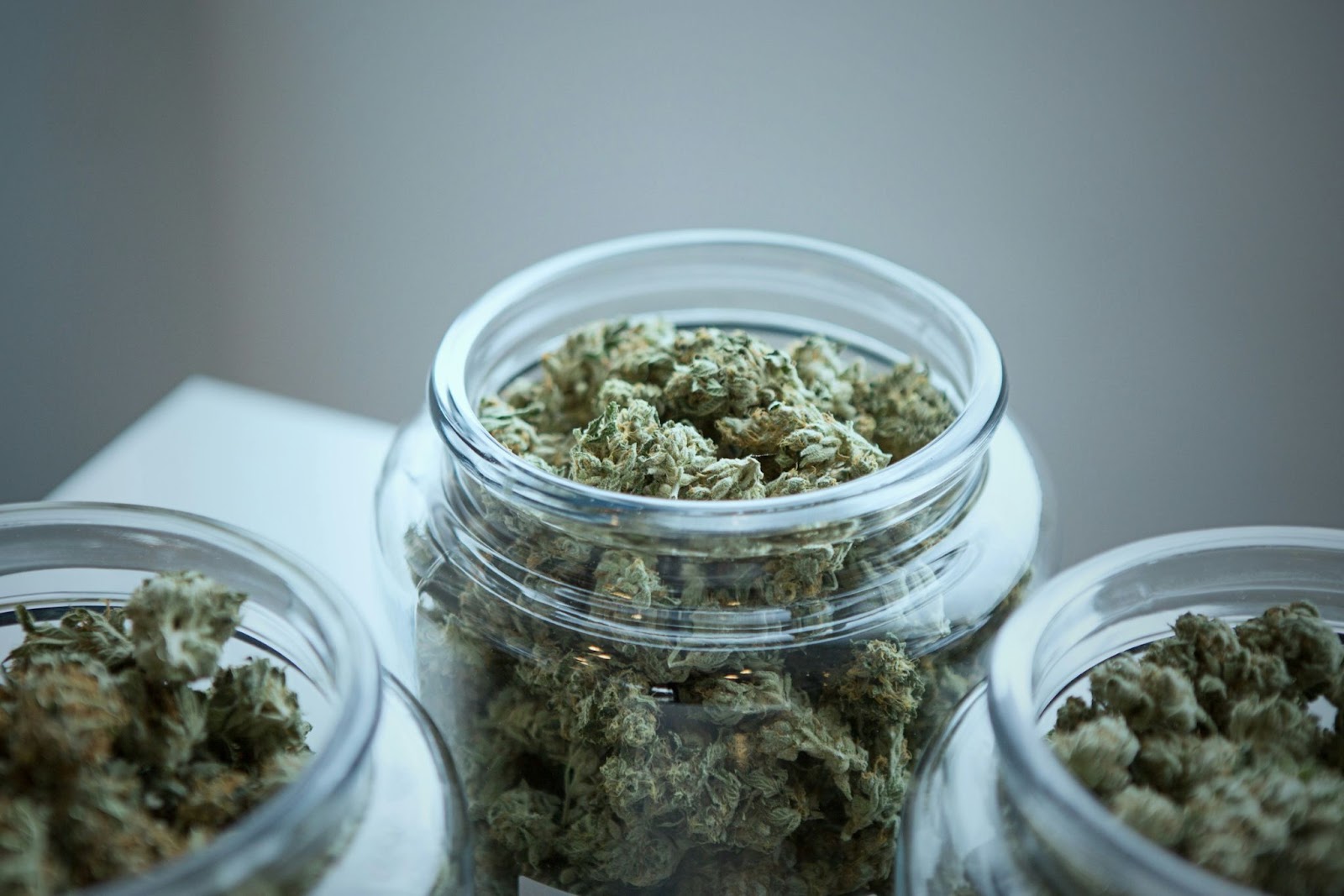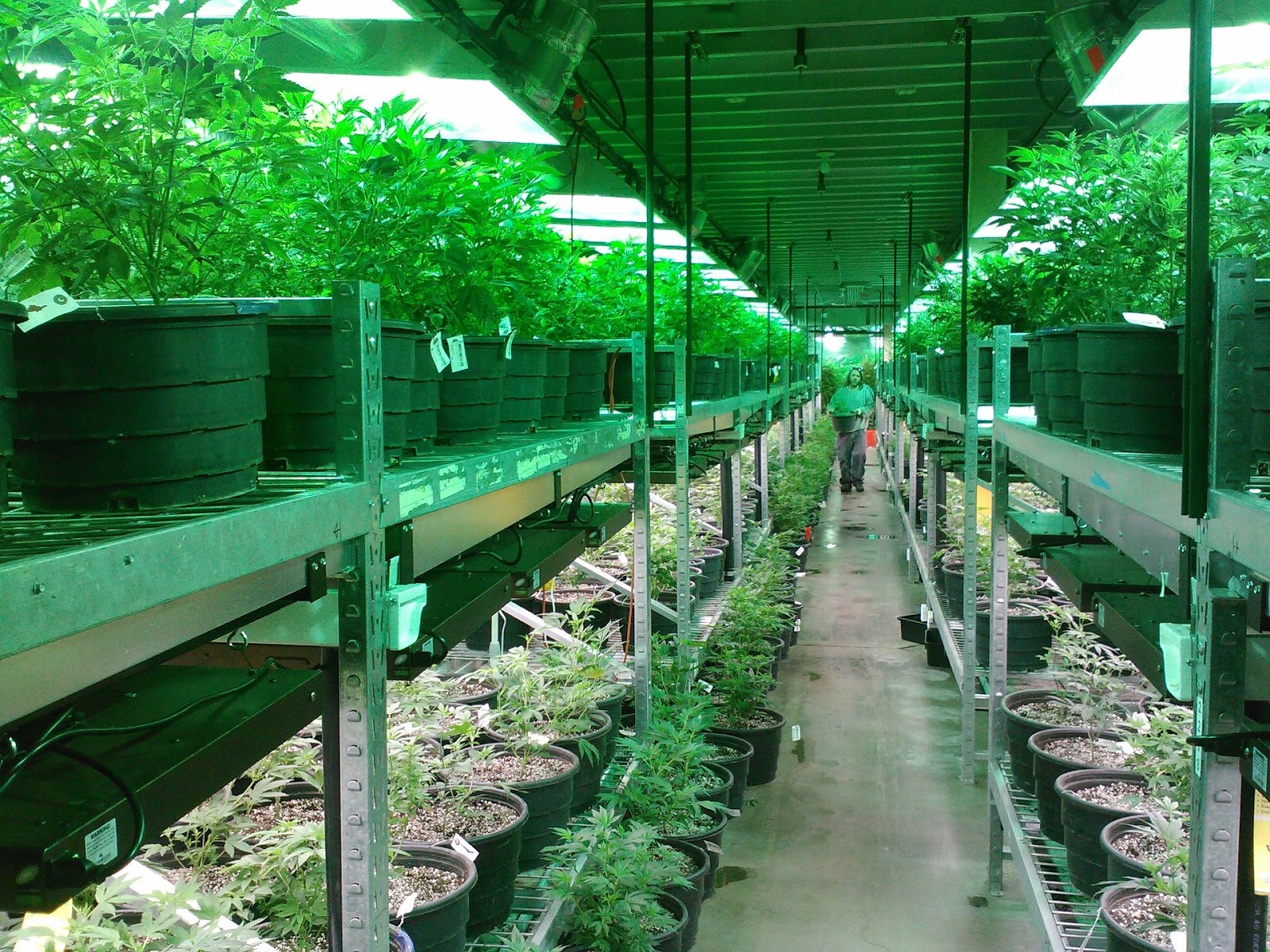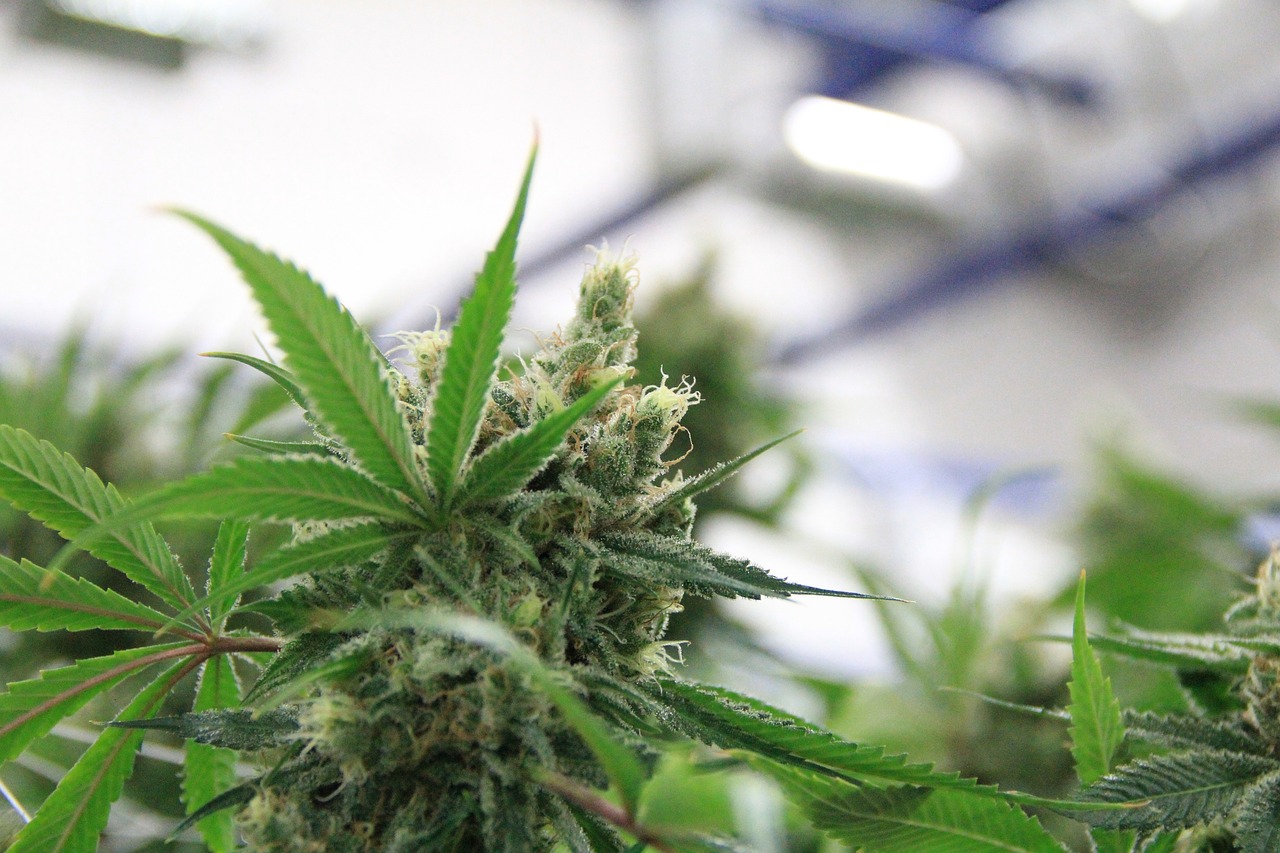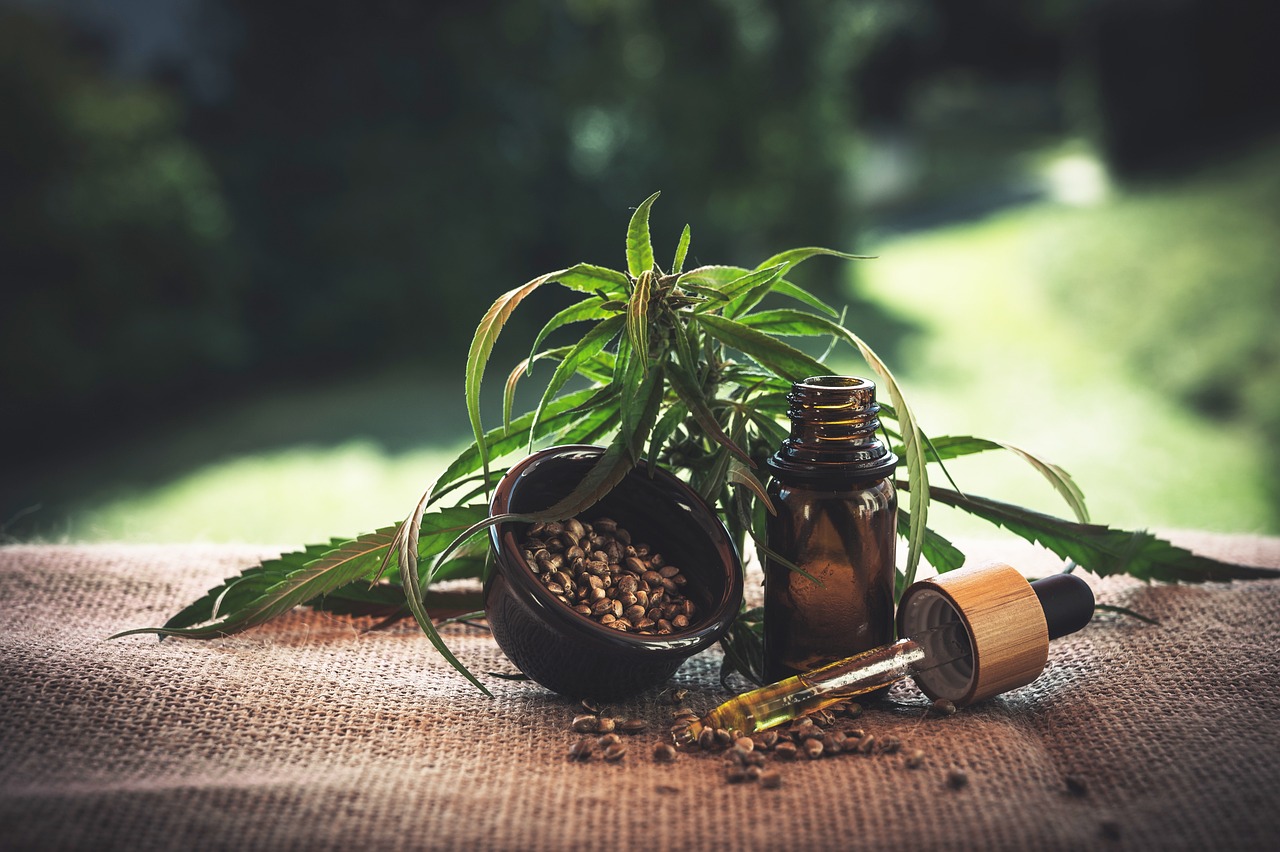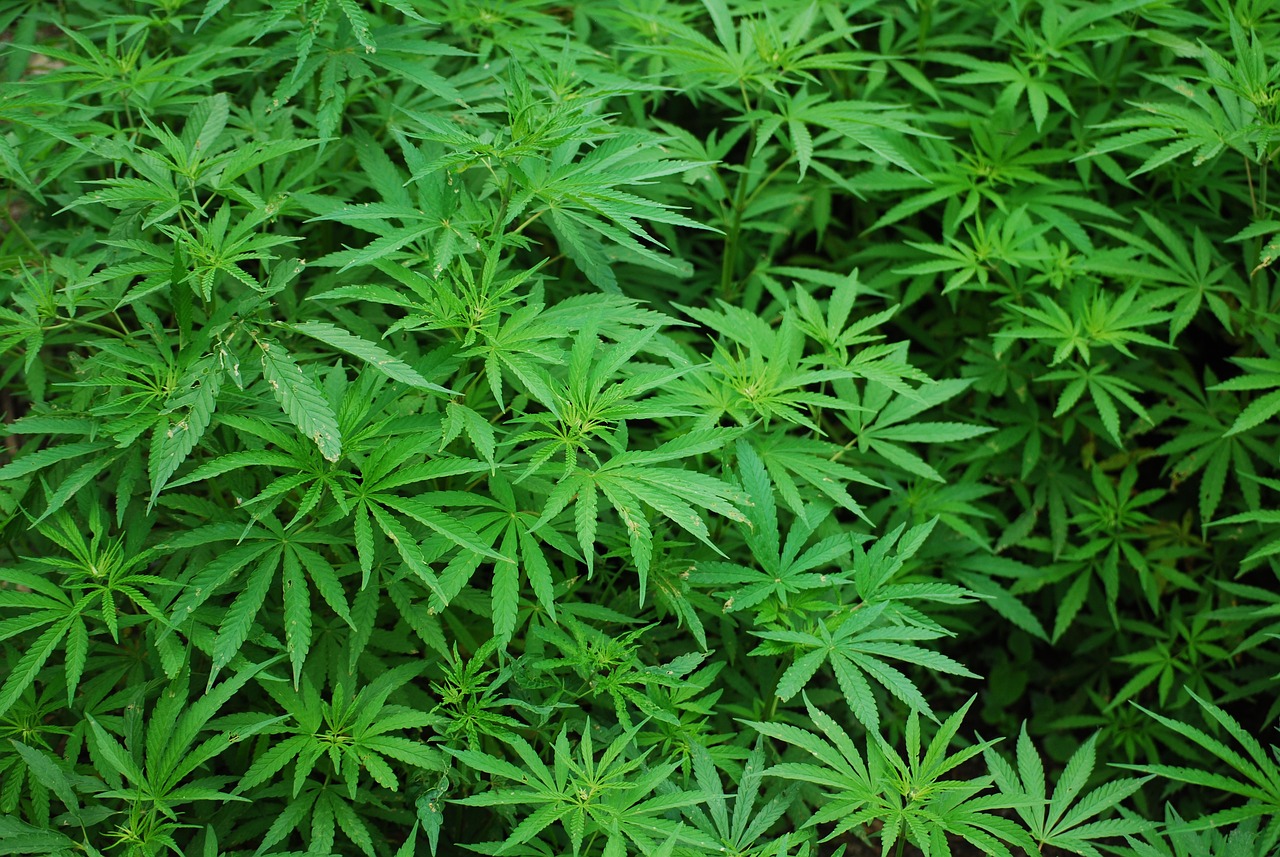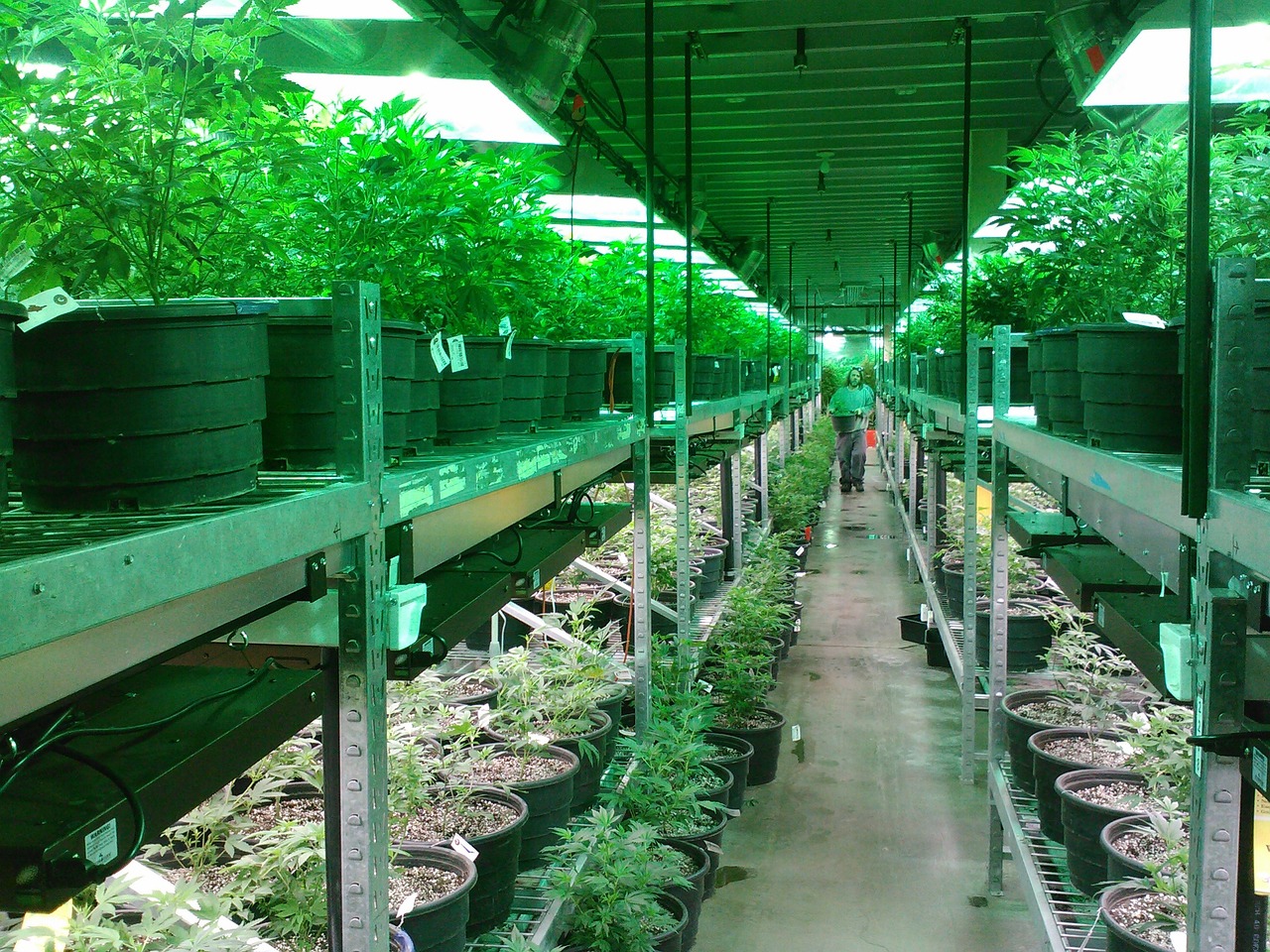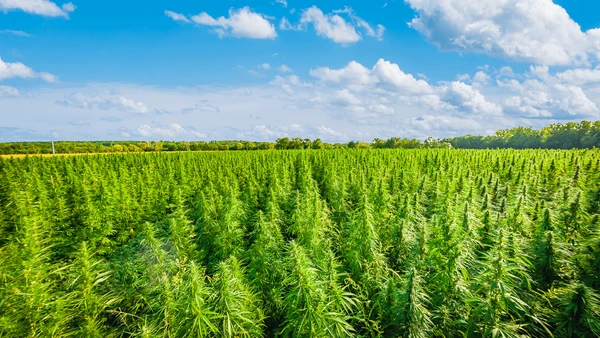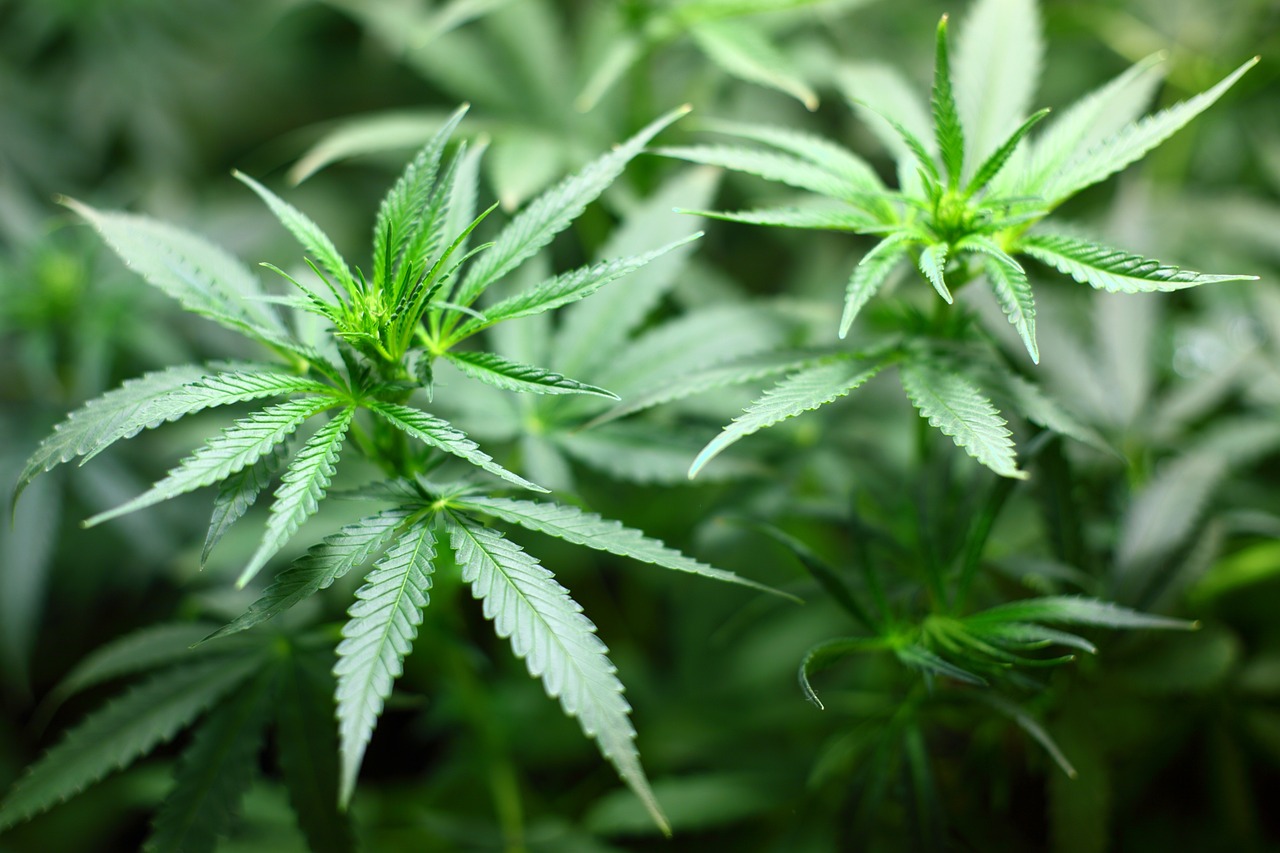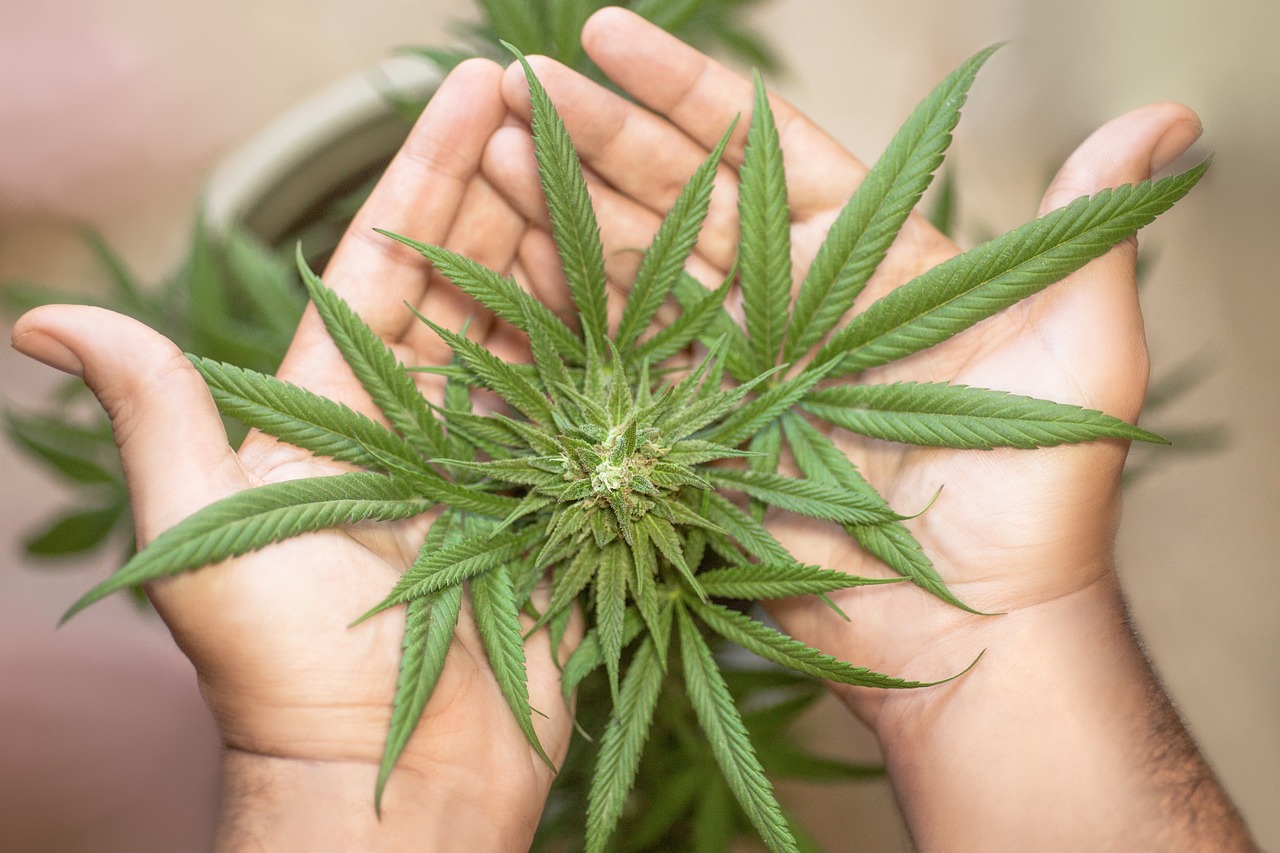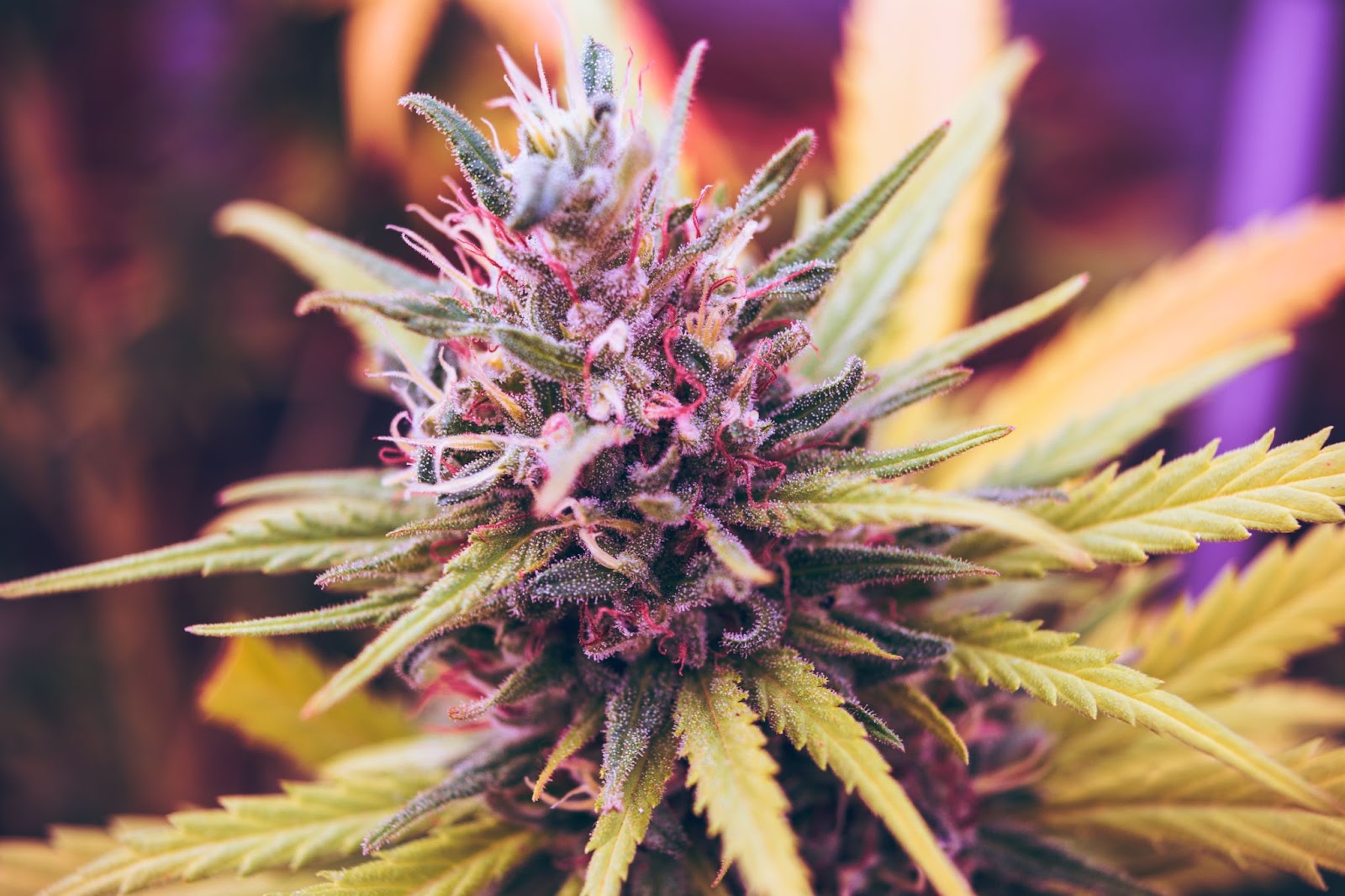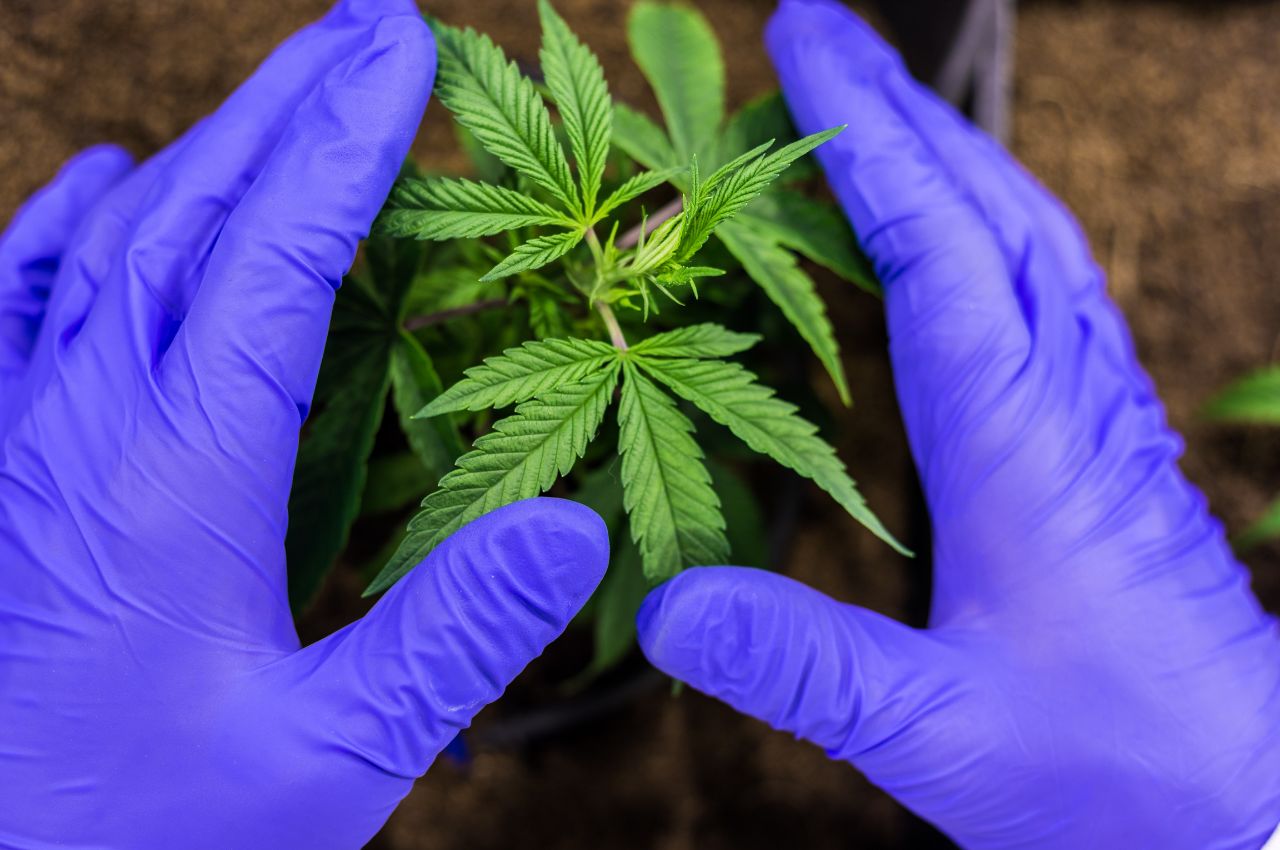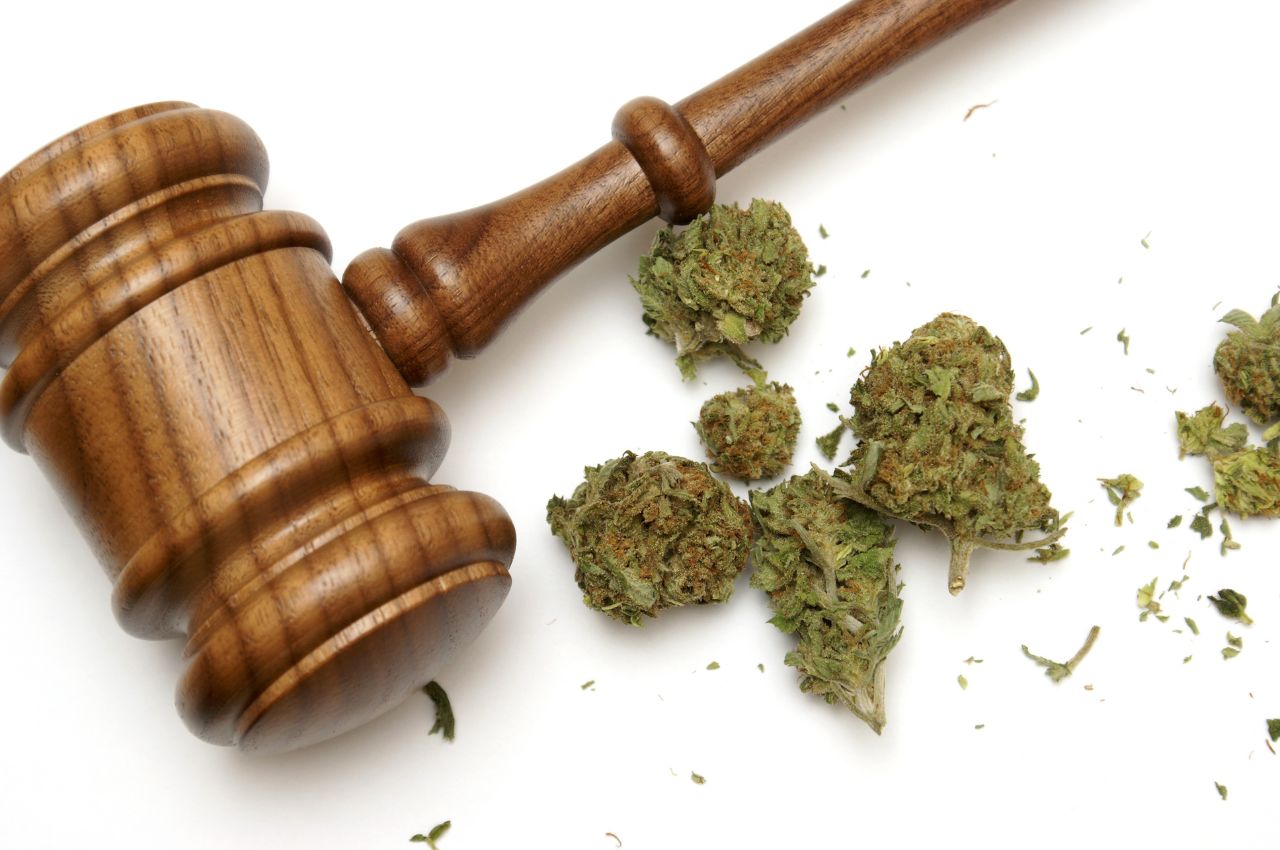The opioid epidemic in America has been a growing public health crisis for the past two decades. Millions of people have become addicted to prescription painkillers and illegal opioids, leading to a surge in overdose deaths and a strain on the healthcare system. As a result, policymakers and medical professionals have been desperately searching for solutions to address this crisis.
A new study by researchers at Purdue University, the University of Florida, and the University of Southern California may provide insight into a potential solution that might save lives. The study found that state-level medical marijuana legalization is linked to reduced opioid payouts to doctors, suggesting that patients use cannabis as an alternative to prescription drugs when given legal access.
The study analyzed transaction data involving direct payments from opioid manufacturers to physicians from 2014 to 2017 to determine if medical cannabis legalization had a causal impact. The researchers developed a “novel penalized synthetic control model” to analyze the data and found a significant decrease in direct payments from opioid manufacturers to pain medicine physicians due to medical marijuana laws being passed.
The researchers also found that physicians in states with medical marijuana laws prescribe fewer opioids. In addition, the substitution effect is comparatively higher for female physicians and in localities with higher white, less affluent, and more working-age populations.

The findings add to an ever-increasing body of evidence that more patients are choosing medical cannabis products over prescription opioids when it is a legal option. Earlier this year, a report found that adult-use cannabis legalization at the state level was associated with reduced opioid demand. Data from the Drug Enforcement Administration’s (DEA) tracking of prescription opioid shipments found a 26 percent reduction in retail pharmacy-based codeine distribution in legal states.
A separate study published by the American Medical Association (AMA) found that roughly one in three chronic pain patients report using cannabis as a treatment option. Most of that group has used cannabis as a substitute for other pain medications, including opioids. Another AMA study found an association between state-level medical cannabis legalization and significant decreases in opioid prescriptions and use among certain cancer patients.
In September, a study found that giving people legal access to medical cannabis can help patients reduce or stop the use of opioid painkillers. More notable is that it doesn’t compromise their quality of life. The same month, another study found that the pharmaceutical industry typically takes a severe economic hit after states legalize marijuana, with an average market loss of nearly $10 billion for drugmakers per each legalization event.
As more states legalize cannabis for medical use, it will be interesting to see if these trends continue and how they impact the healthcare industry. However, the evidence suggests that medical marijuana may be a viable alternative to prescription opioids for many patients and may help reduce physicians’ financial incentives to prescribe opioids.
The good news in all this? With further research and increased implementation, medical marijuana legalization may provide an enduring and much-needed solution to the devastating opioid crisis in America.


